
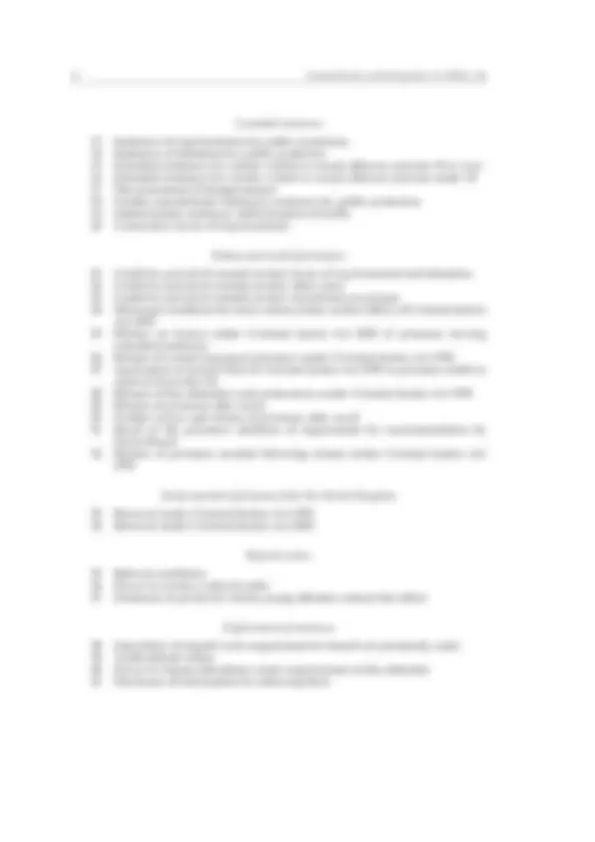

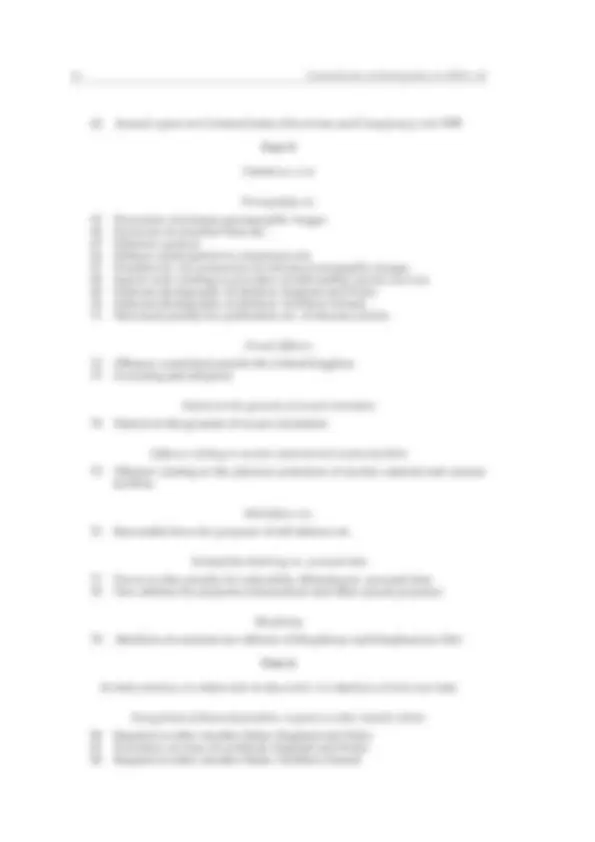



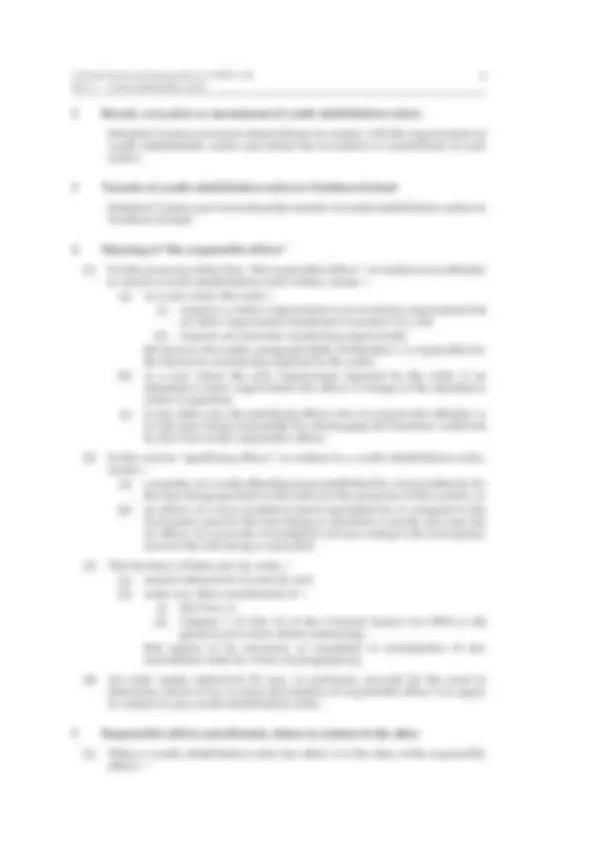
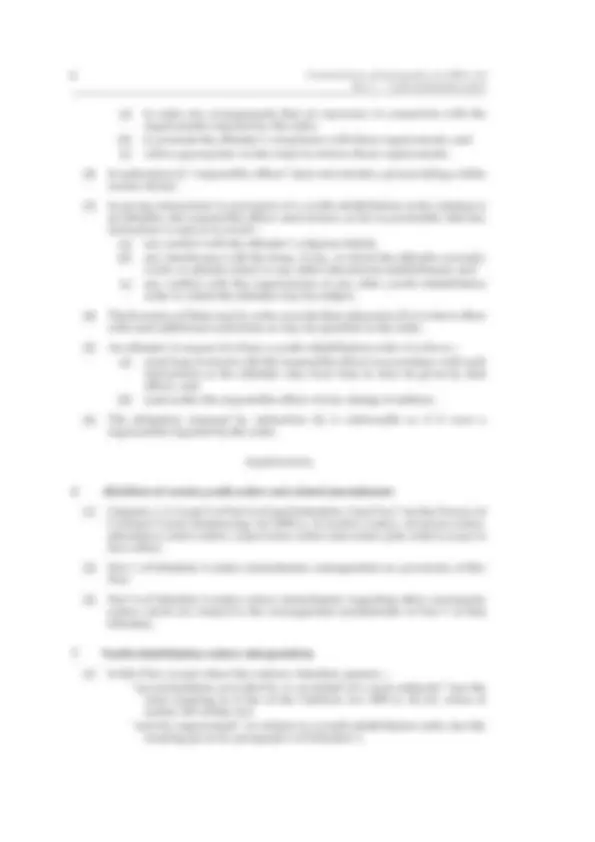

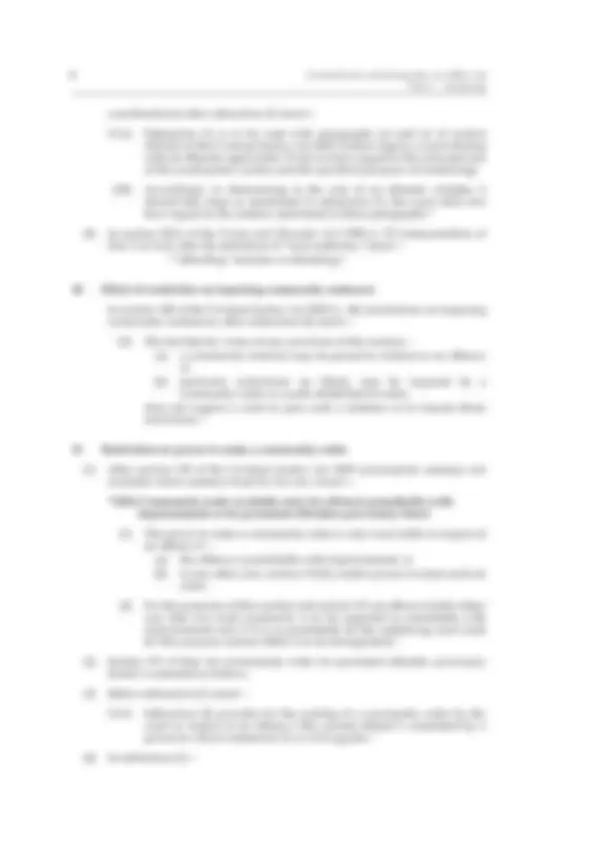
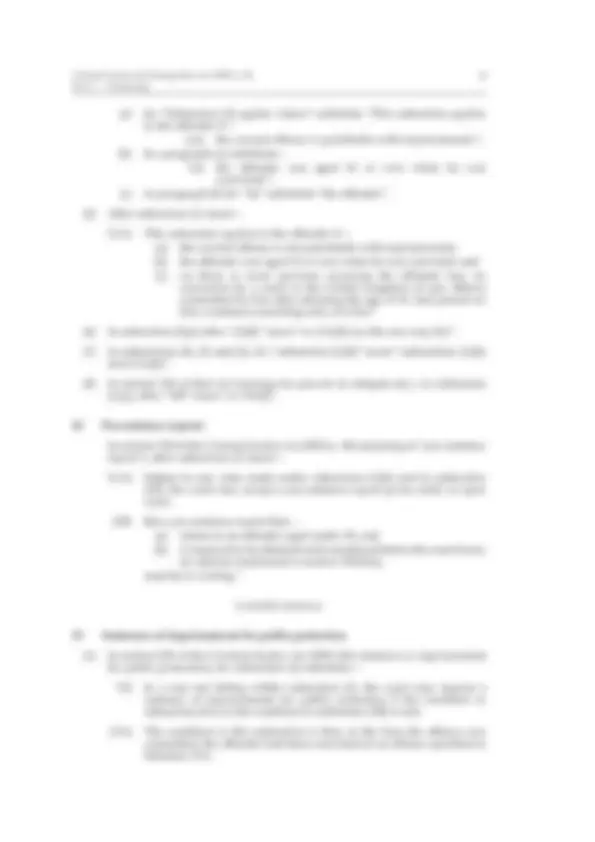
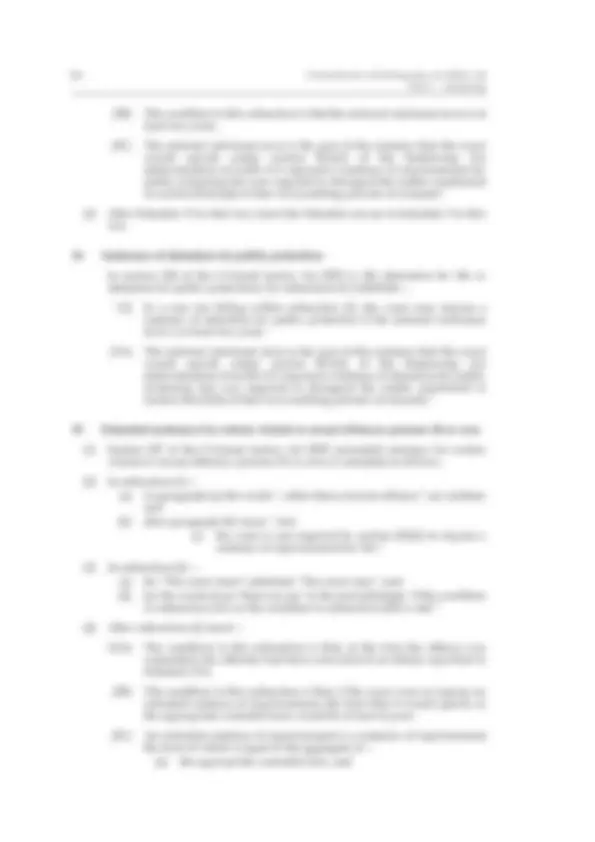
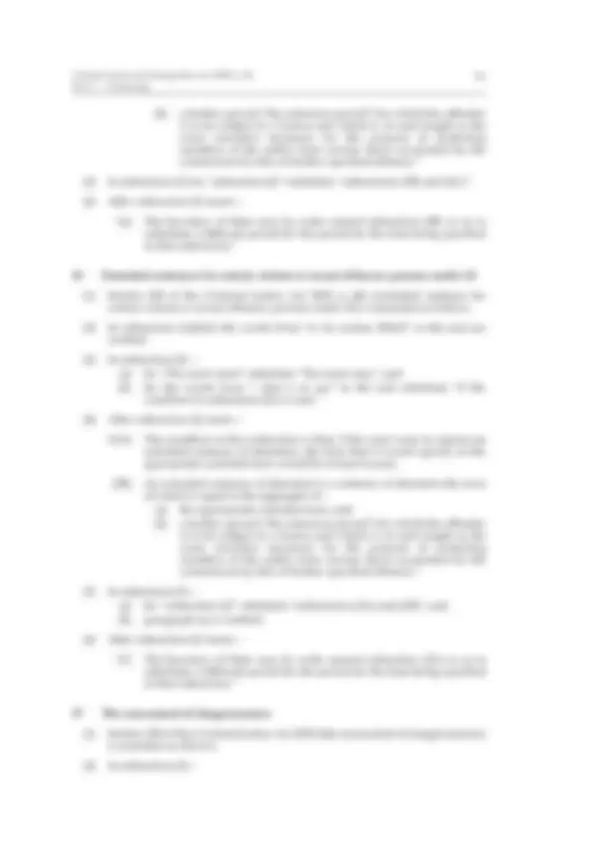
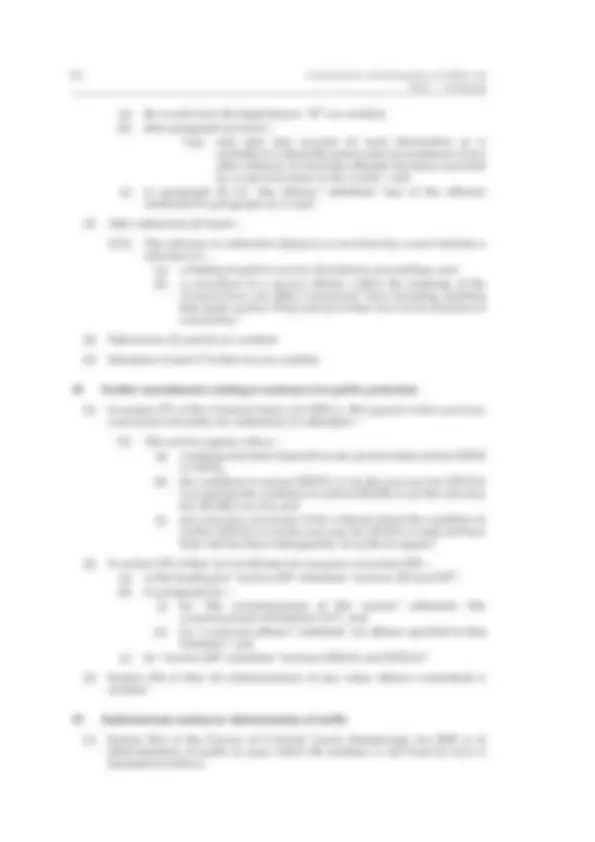
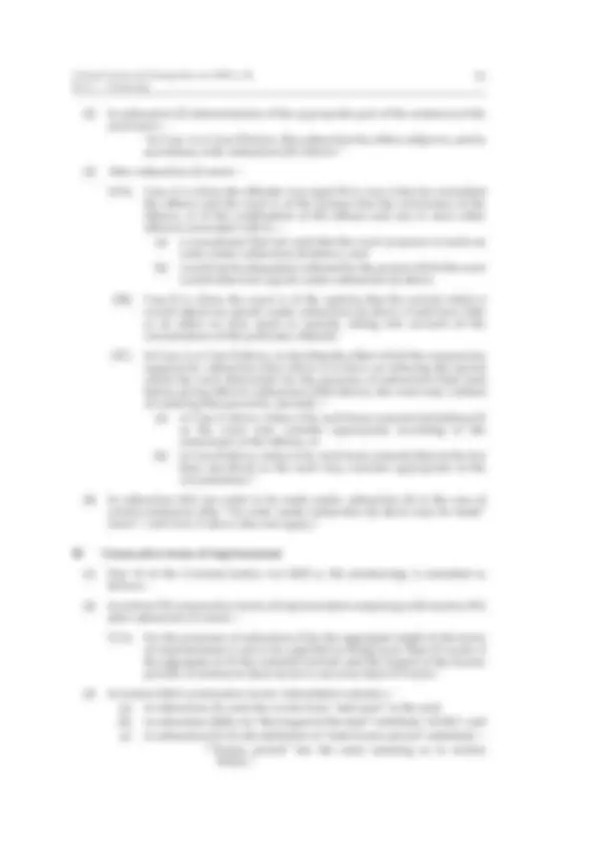
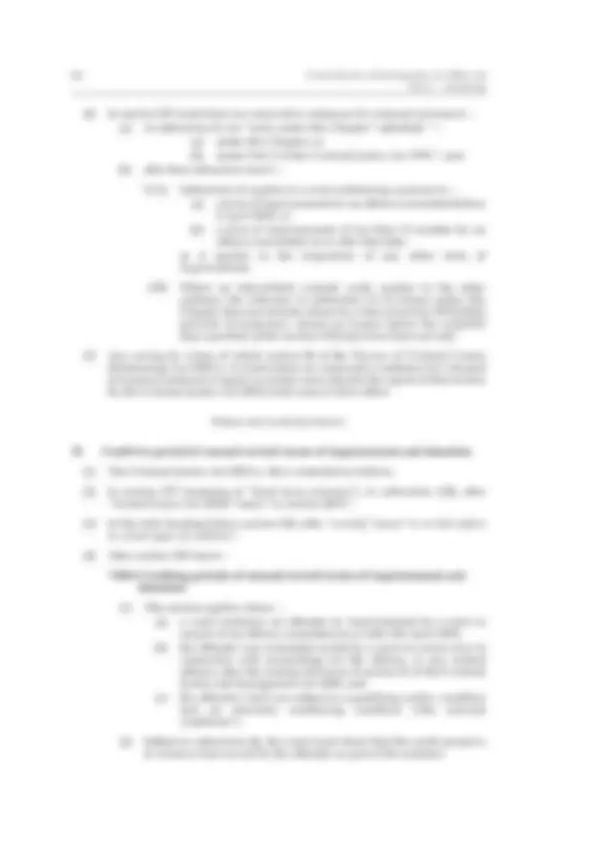
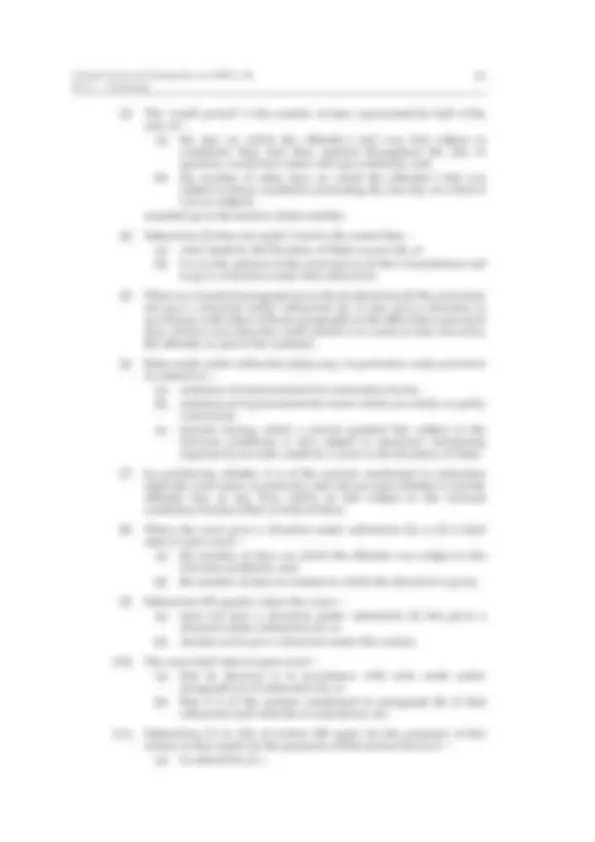
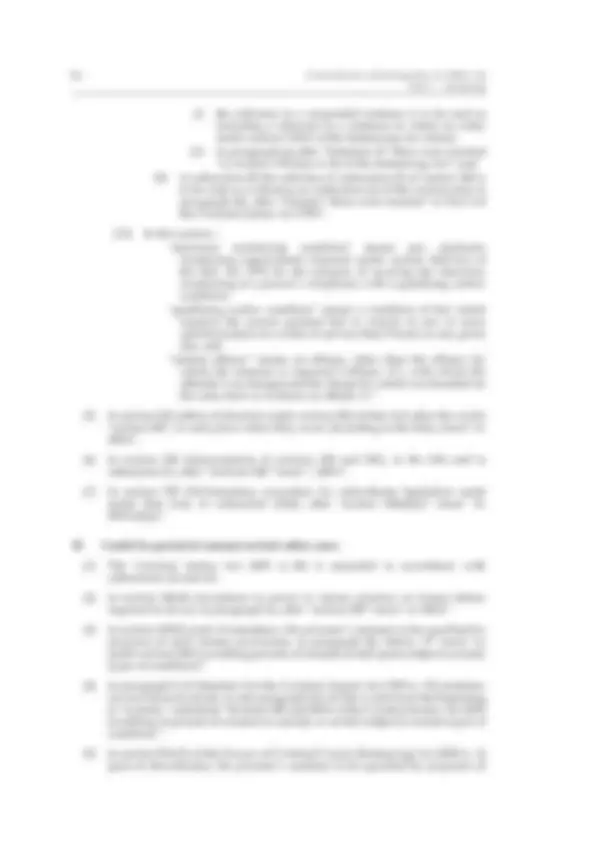
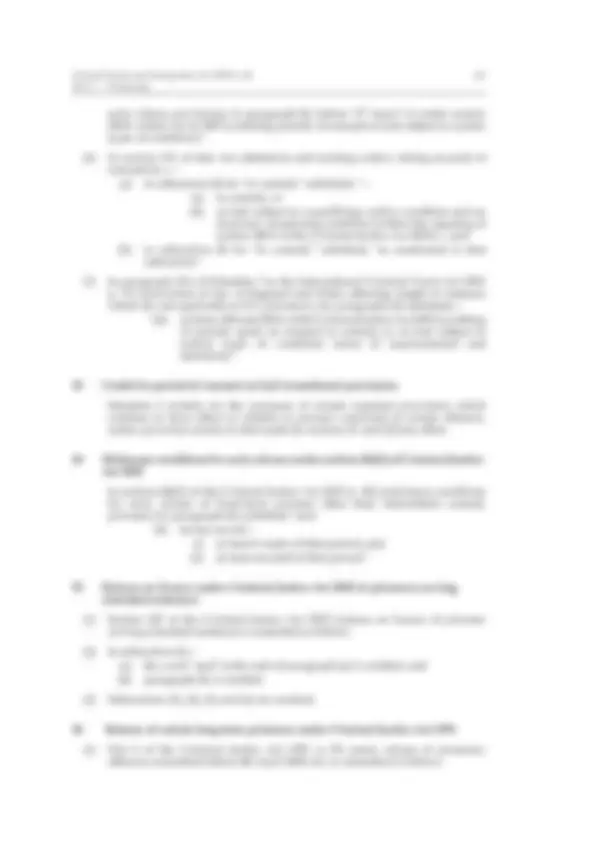
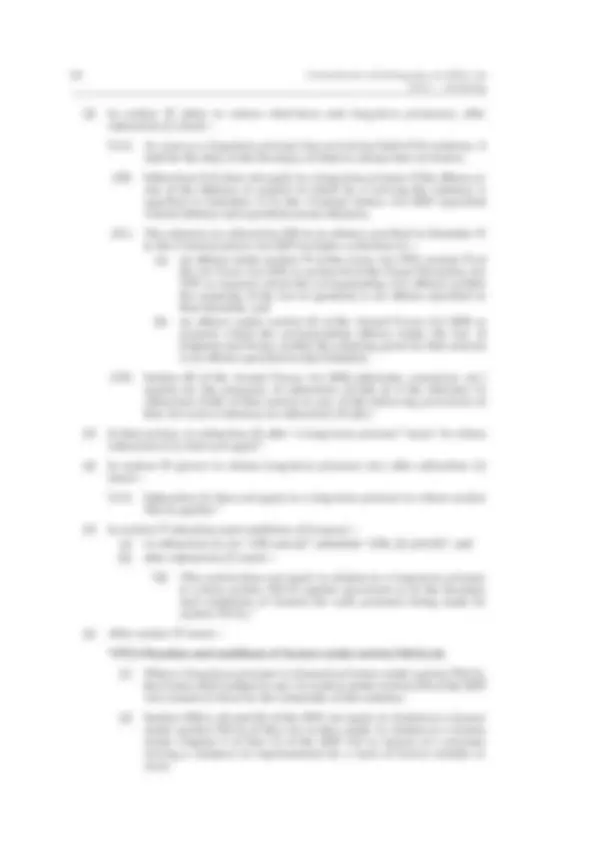
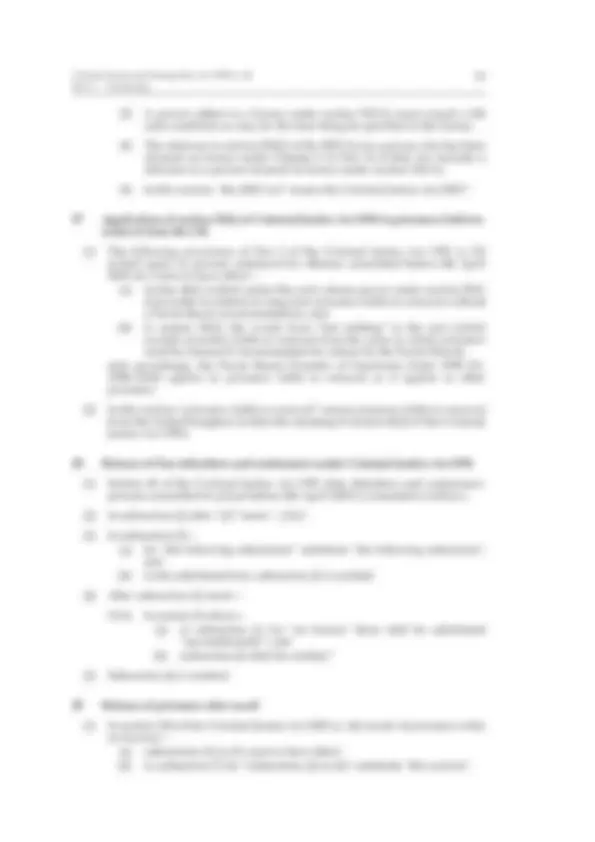
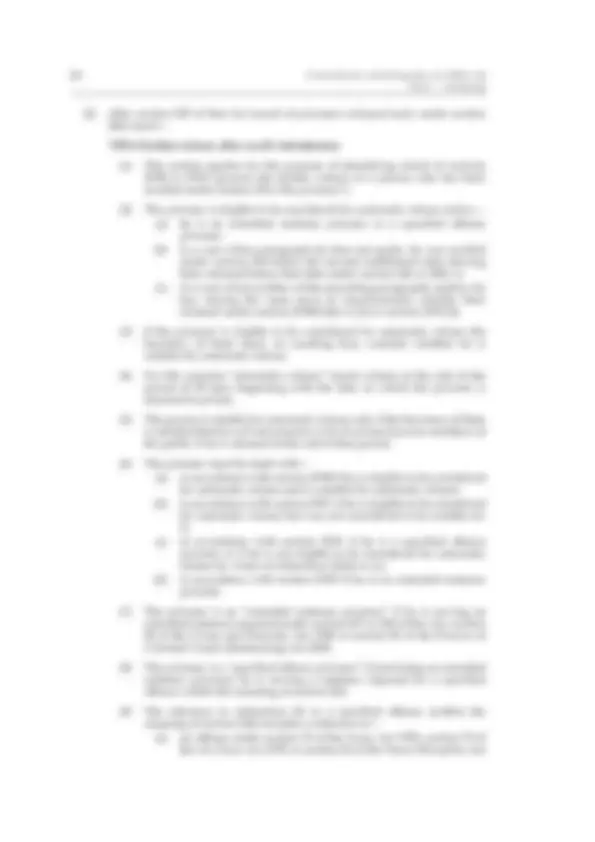
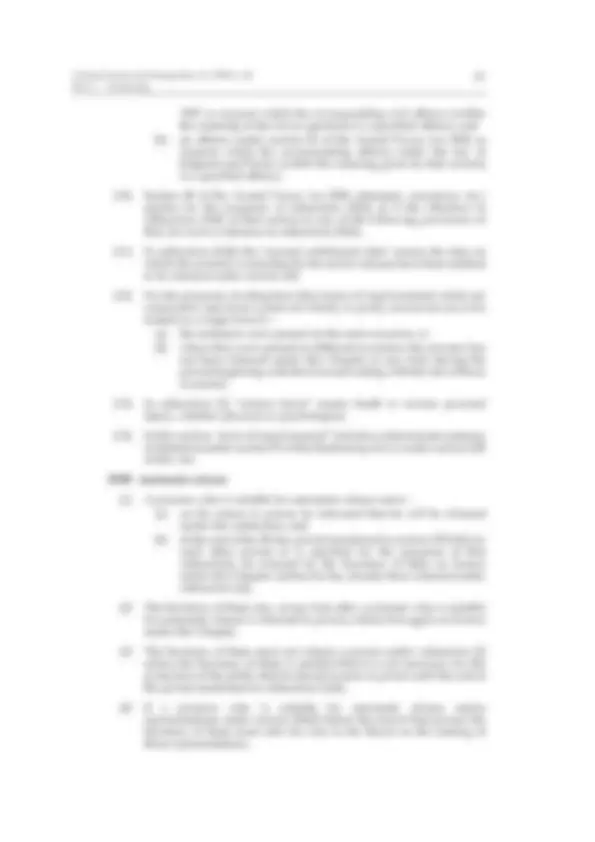
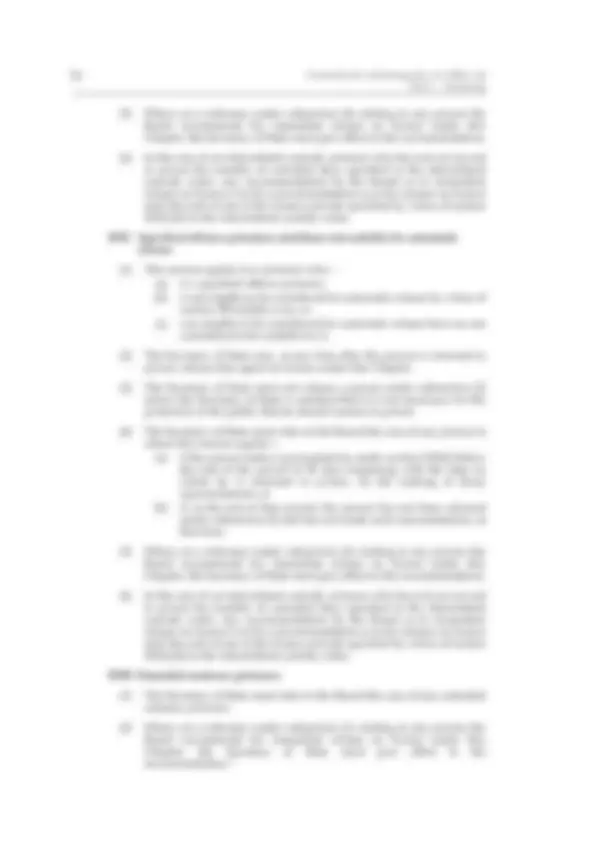
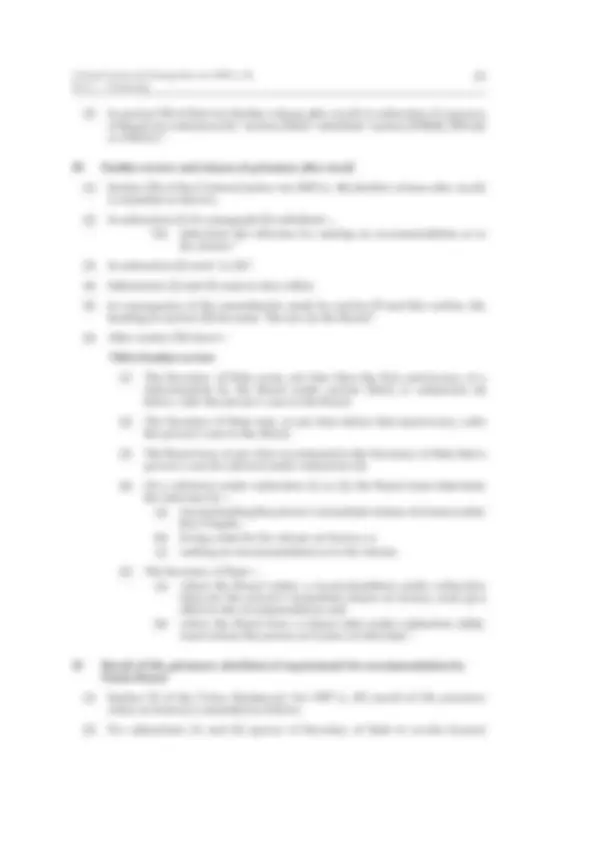
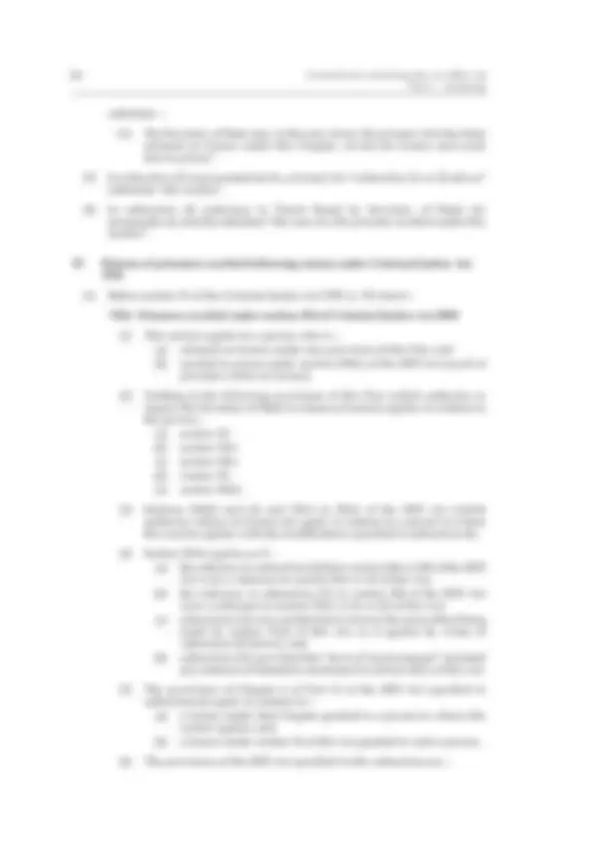
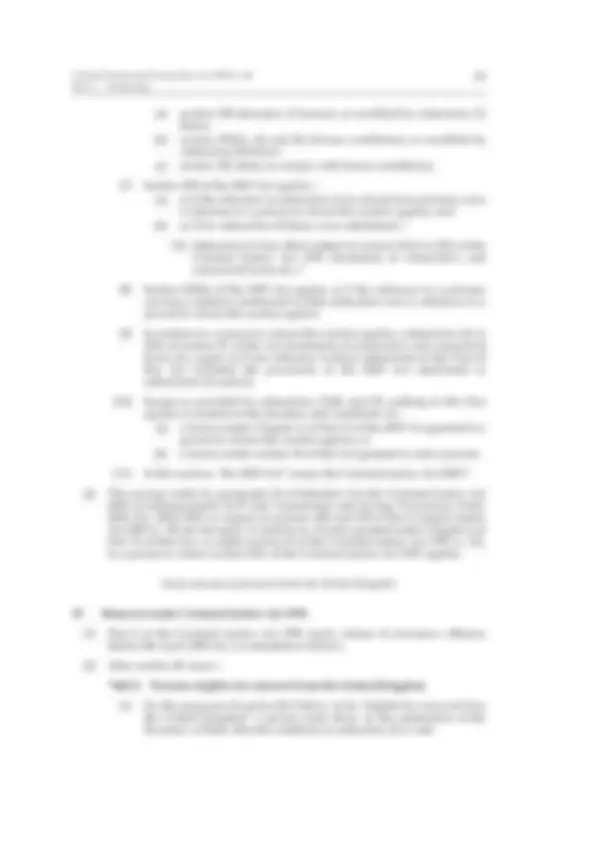
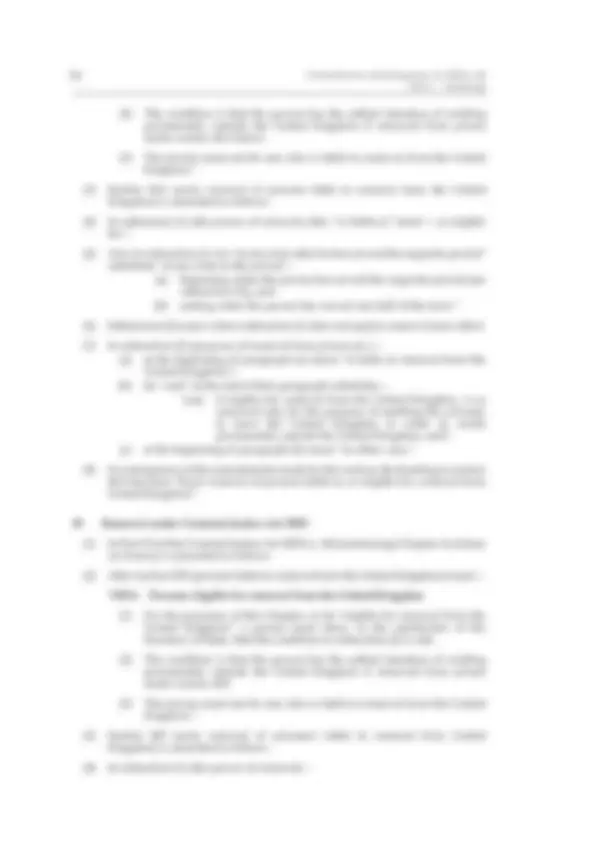
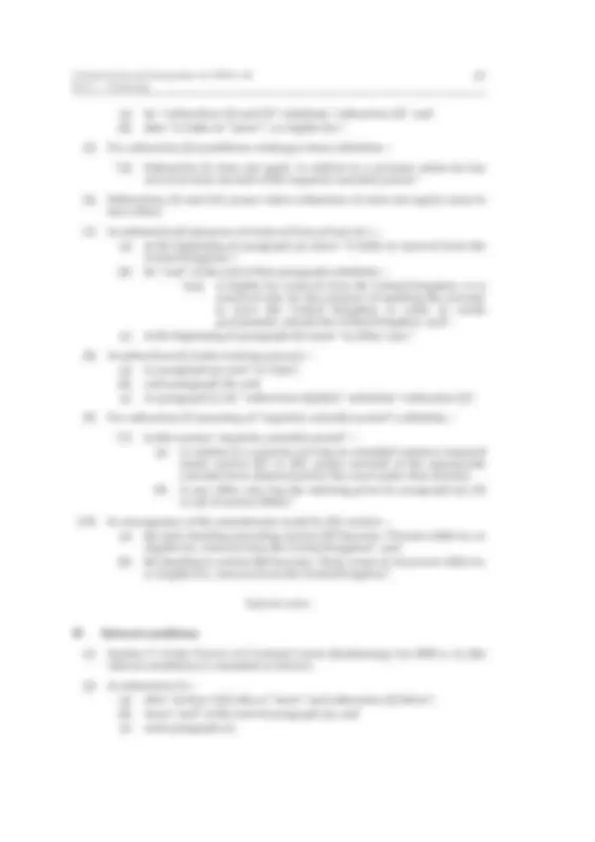
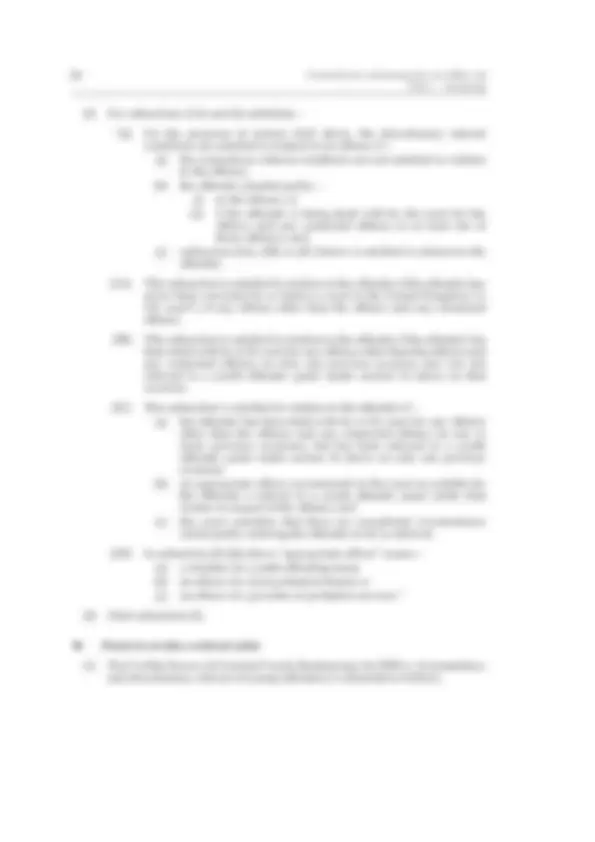
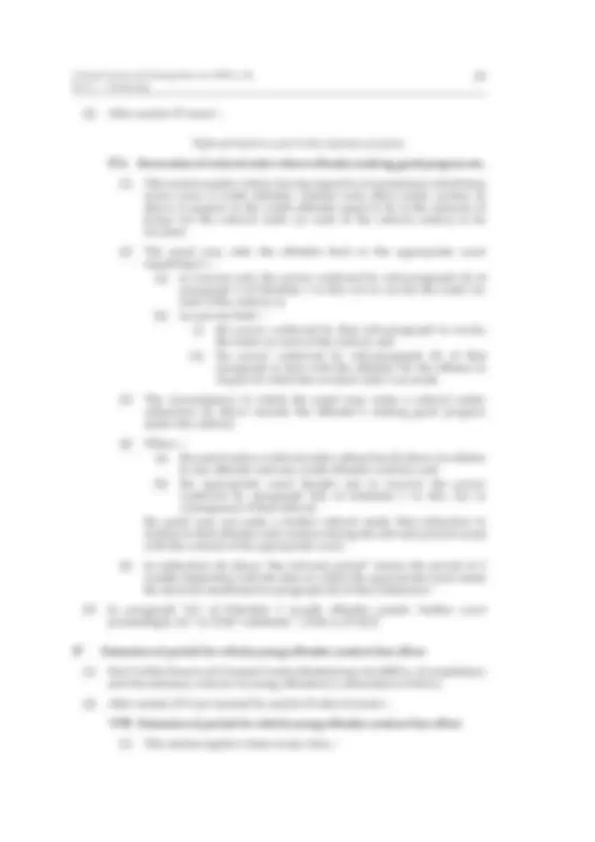
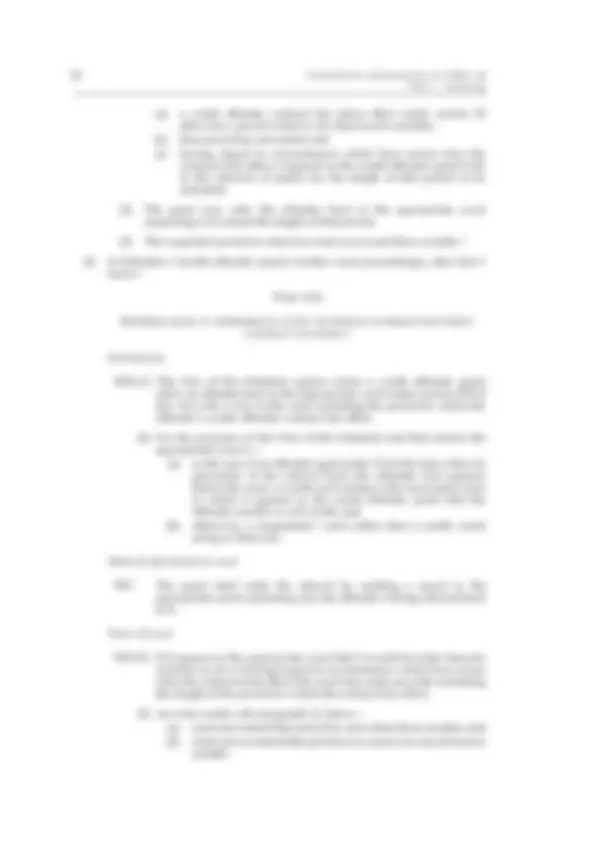
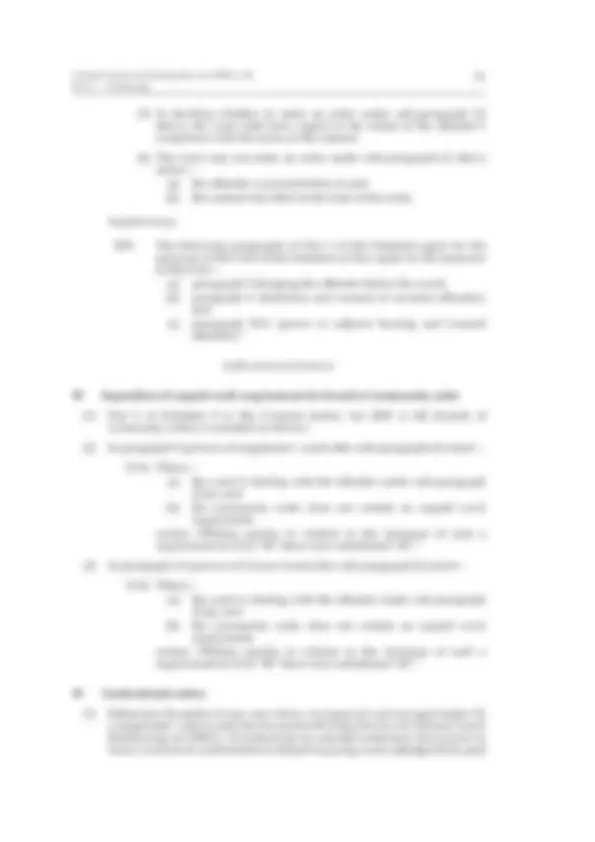
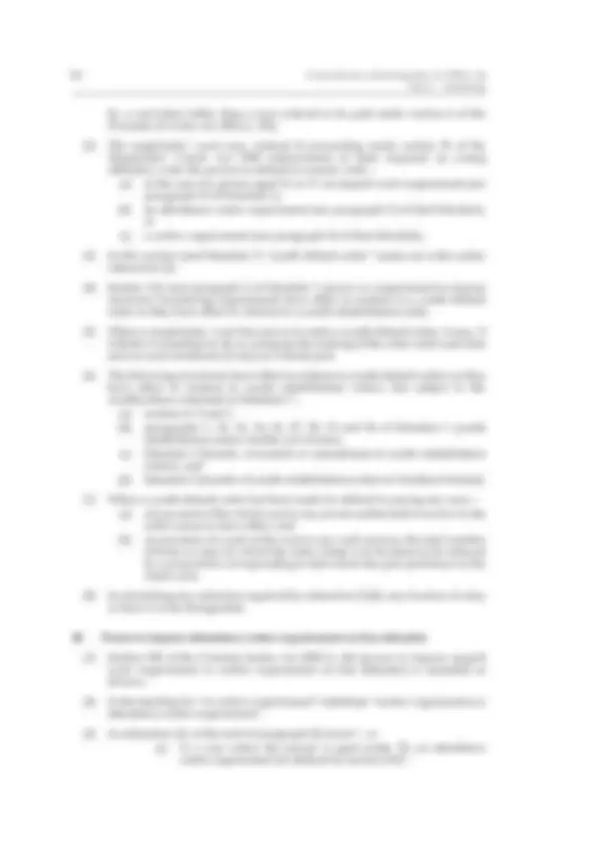
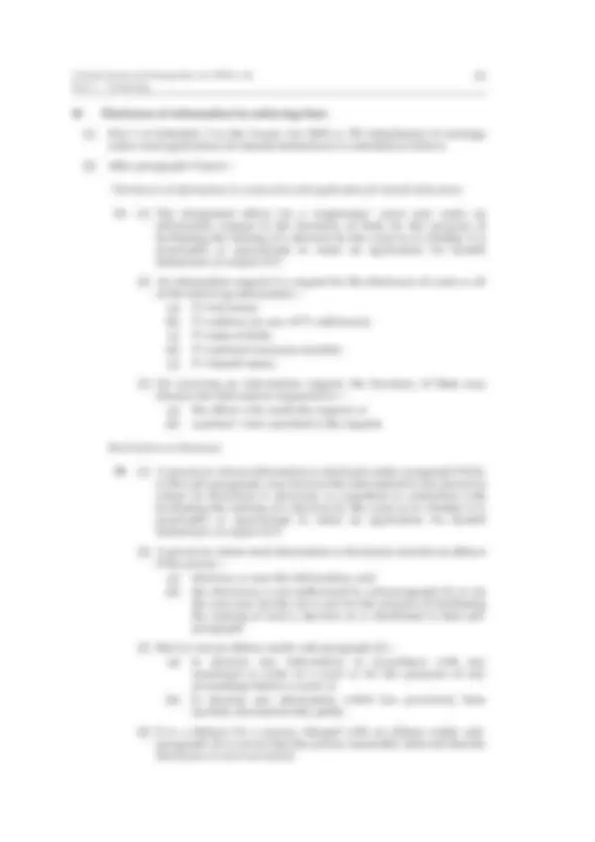
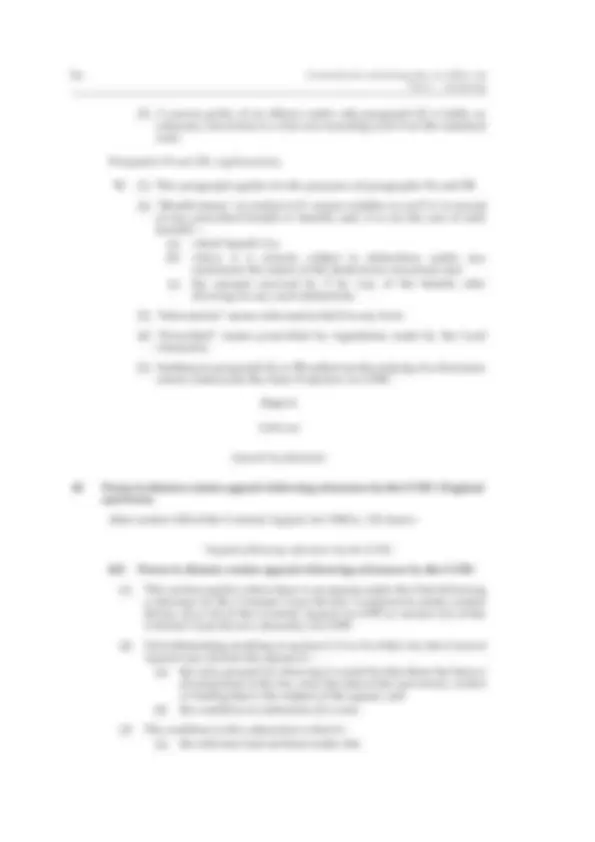
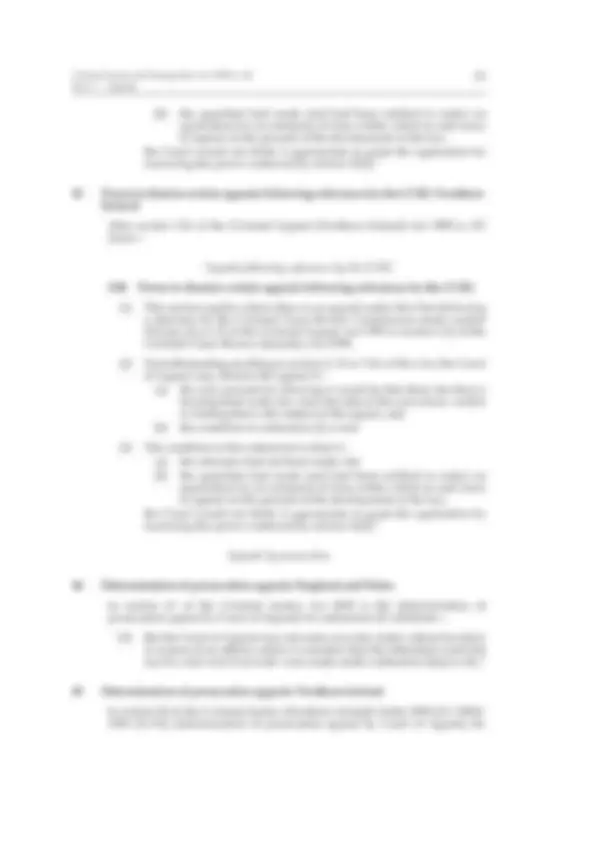
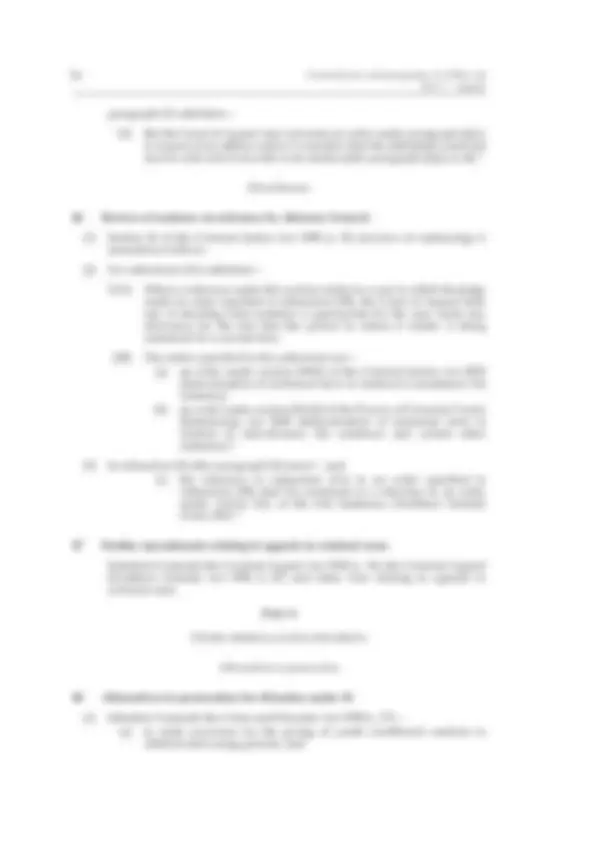
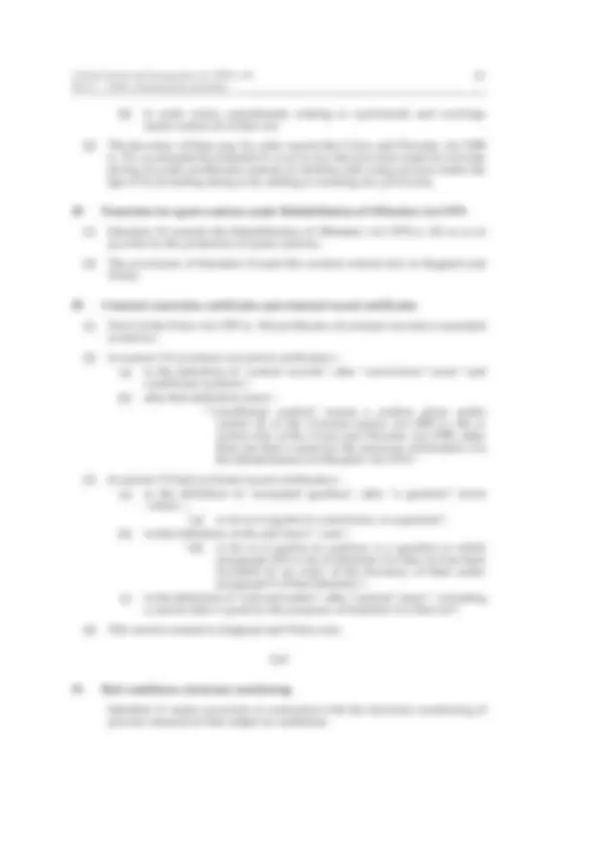
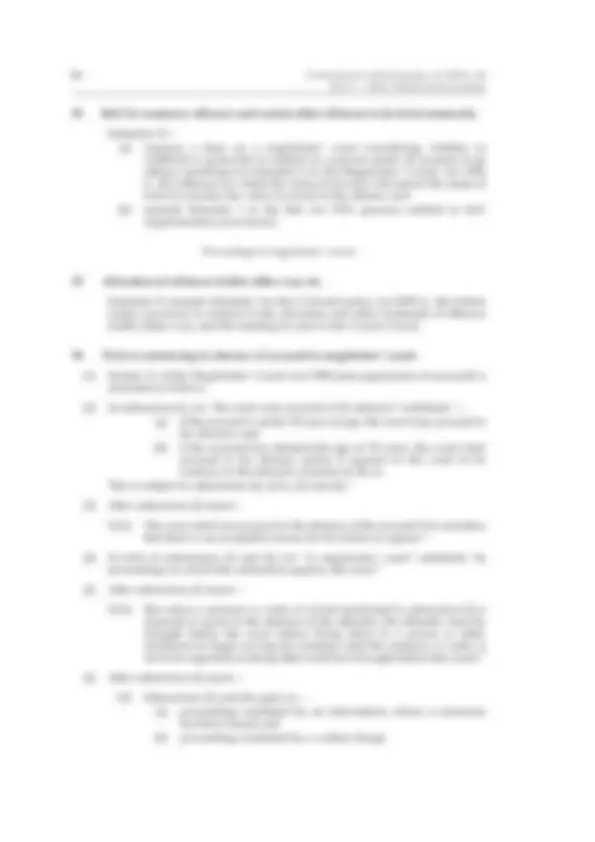
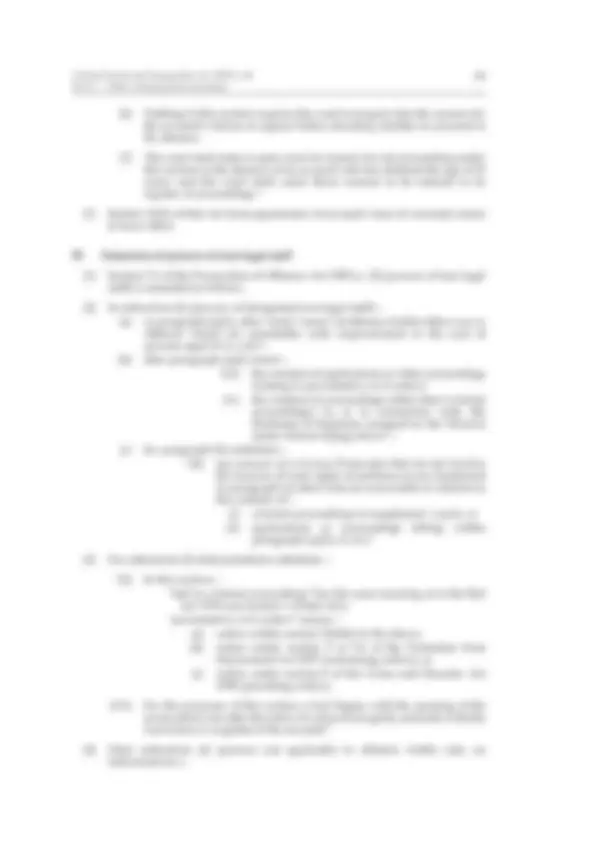
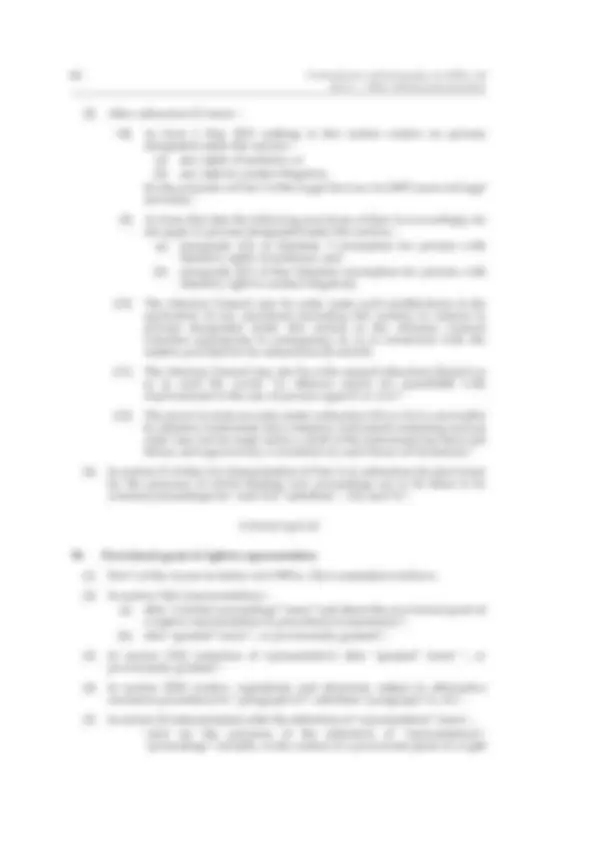
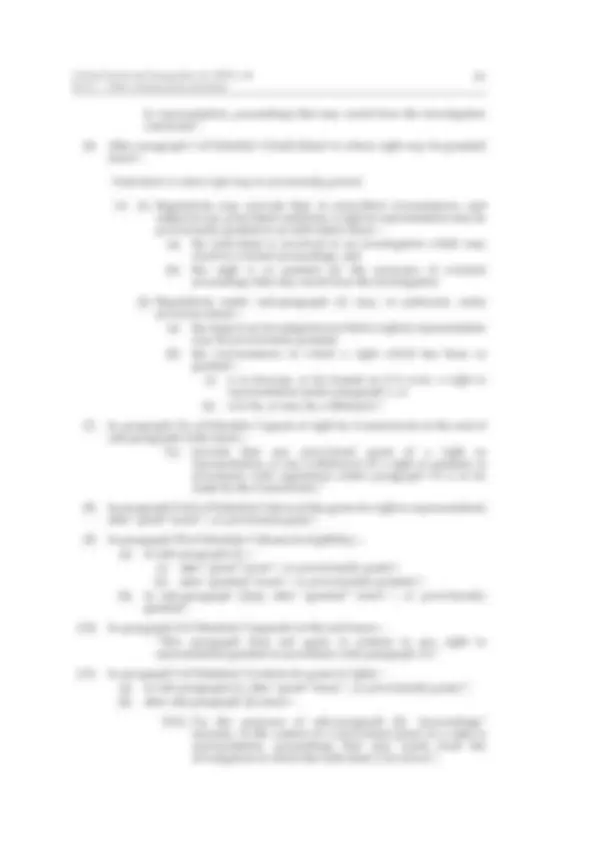
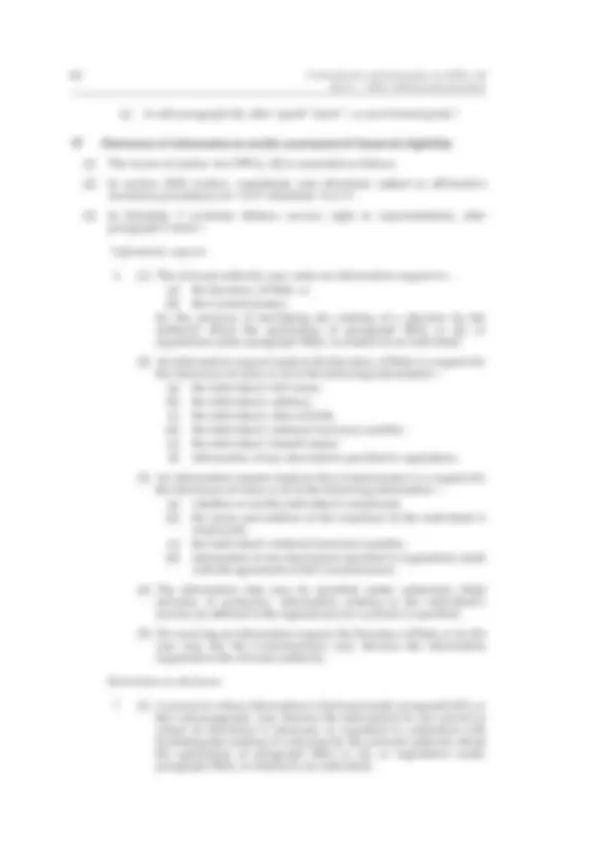
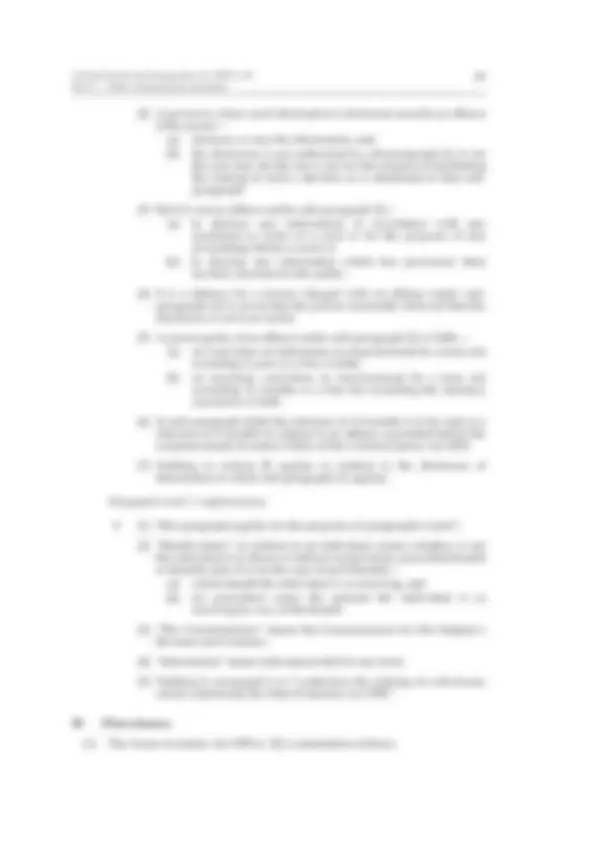
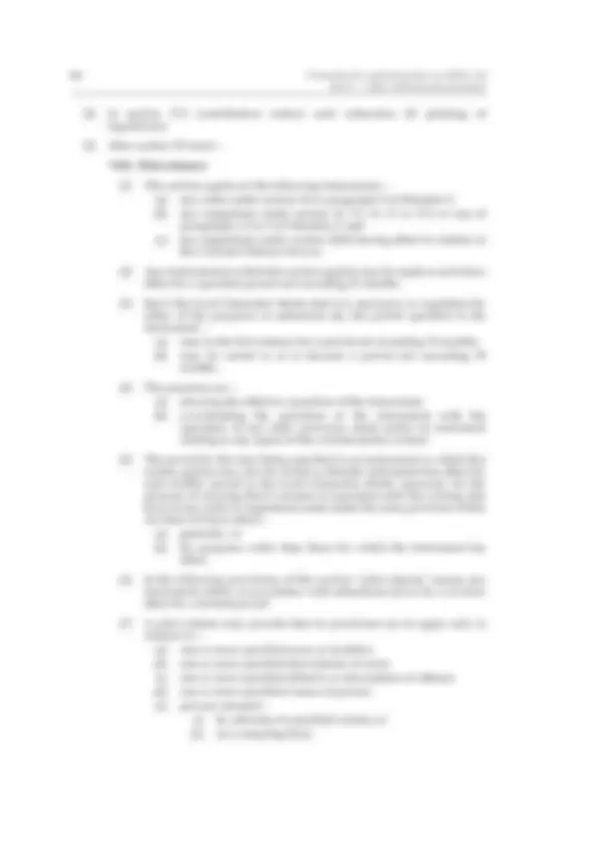
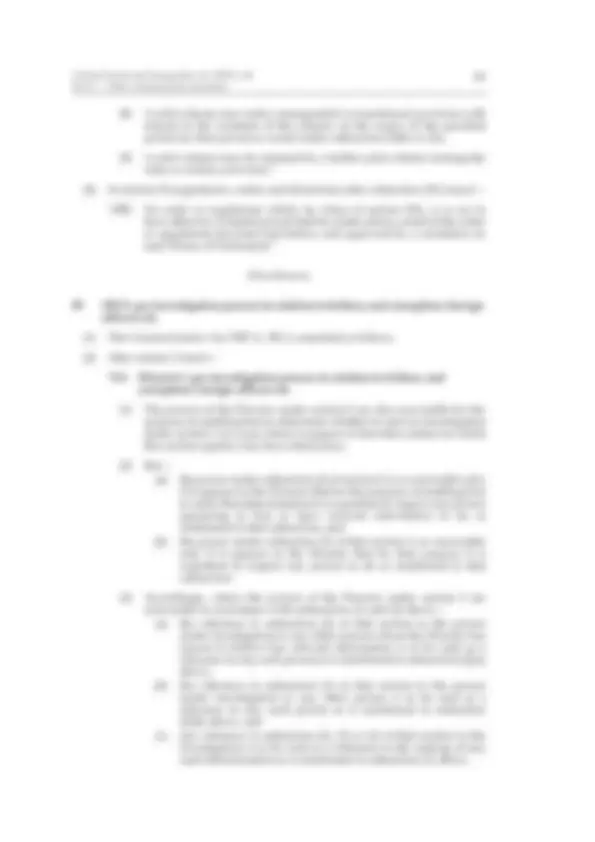
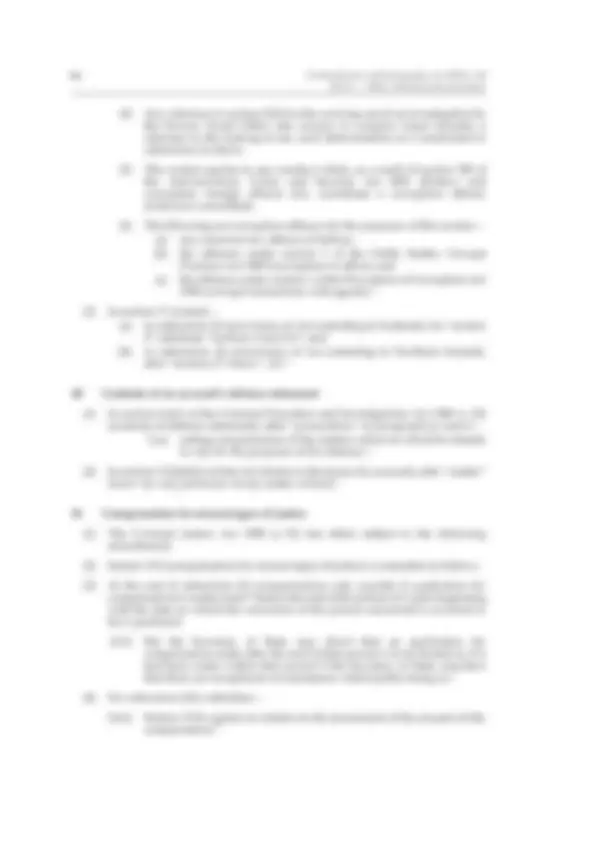
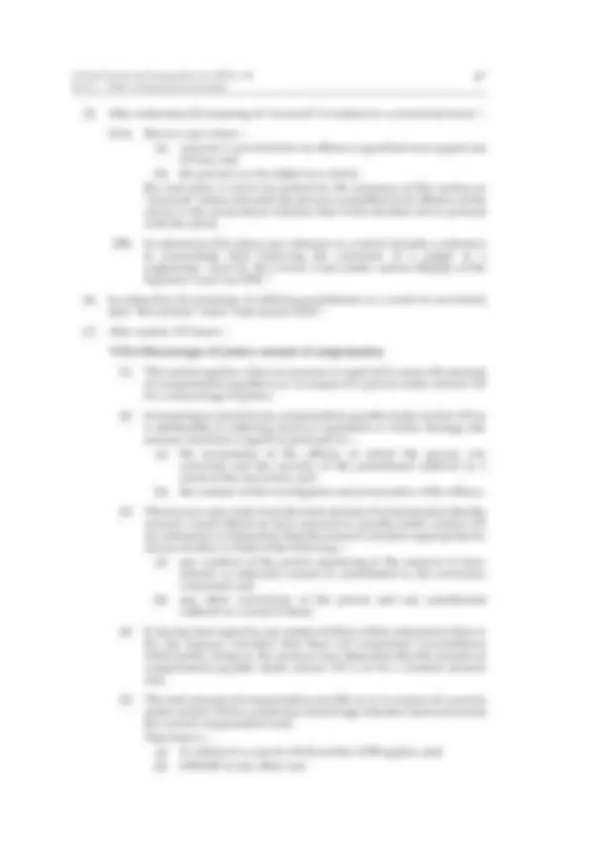

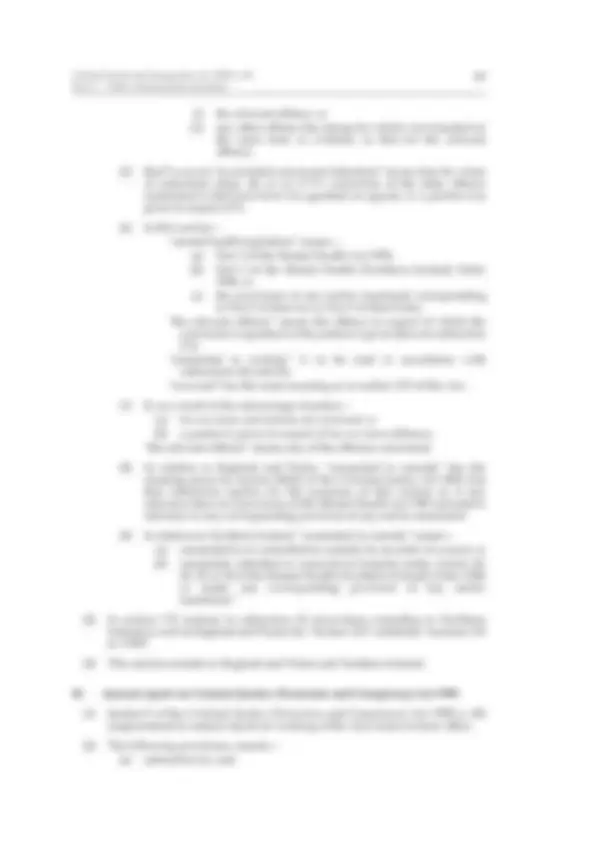
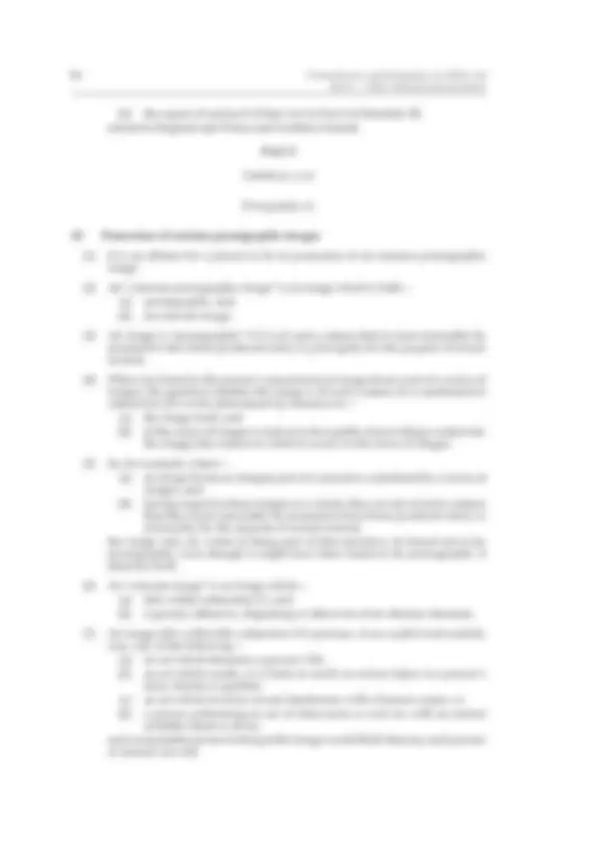
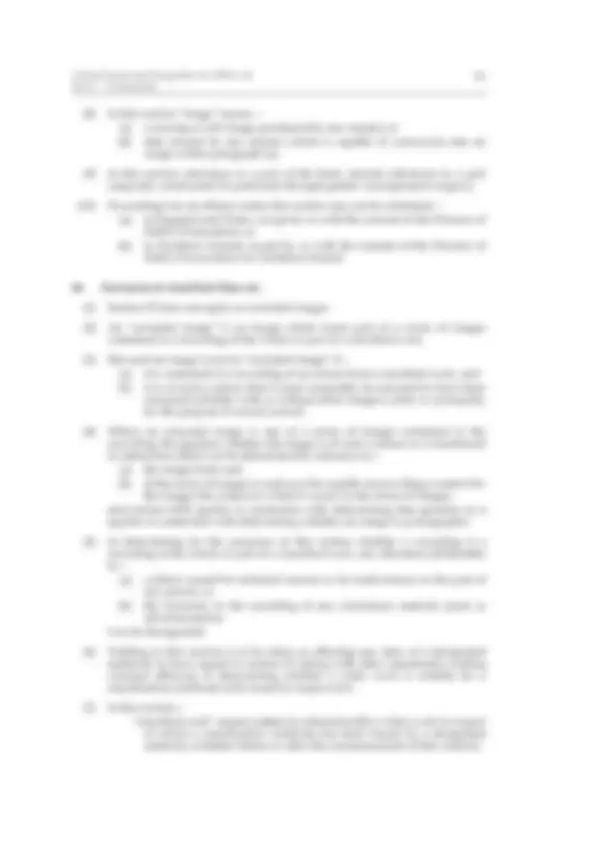
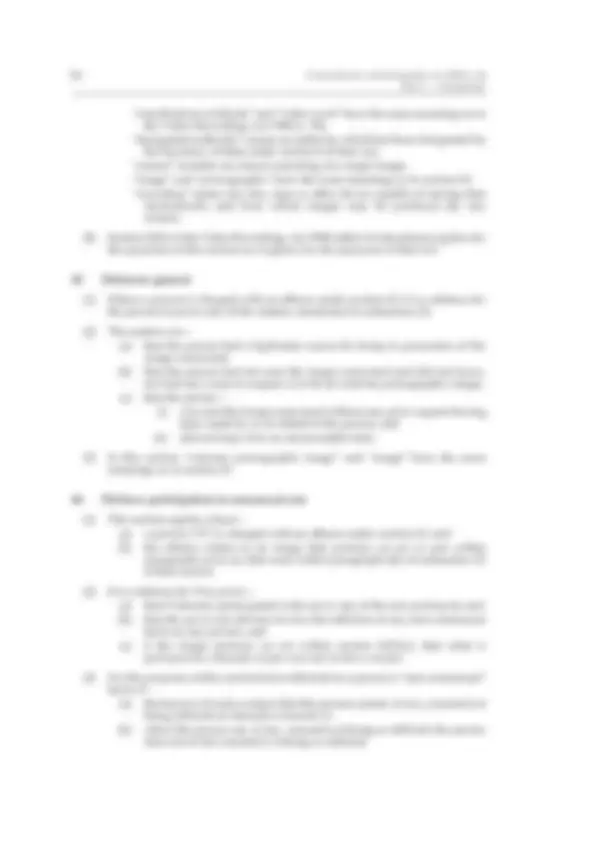
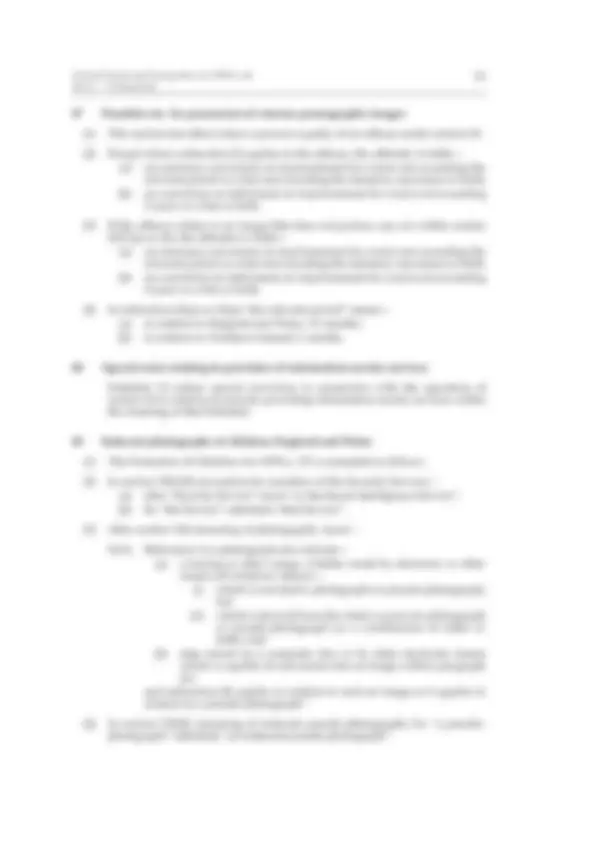
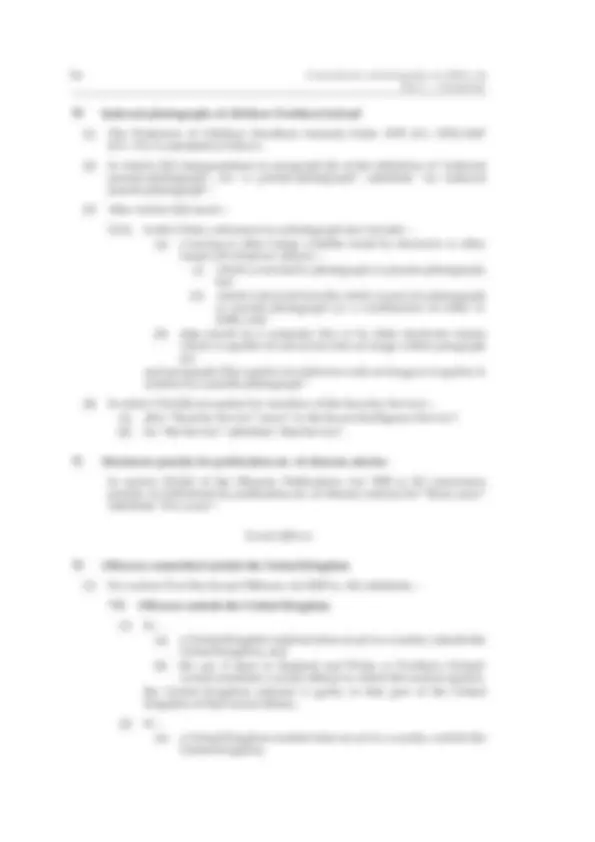
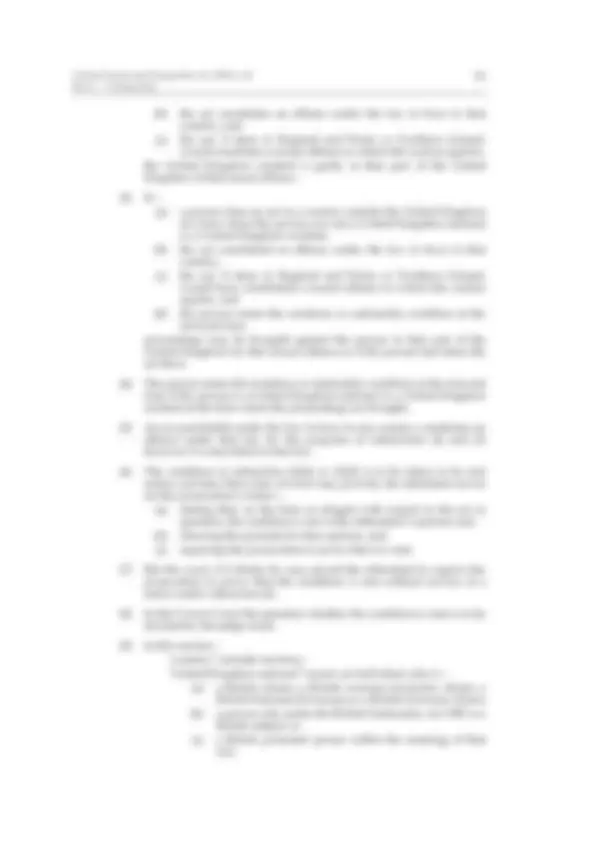
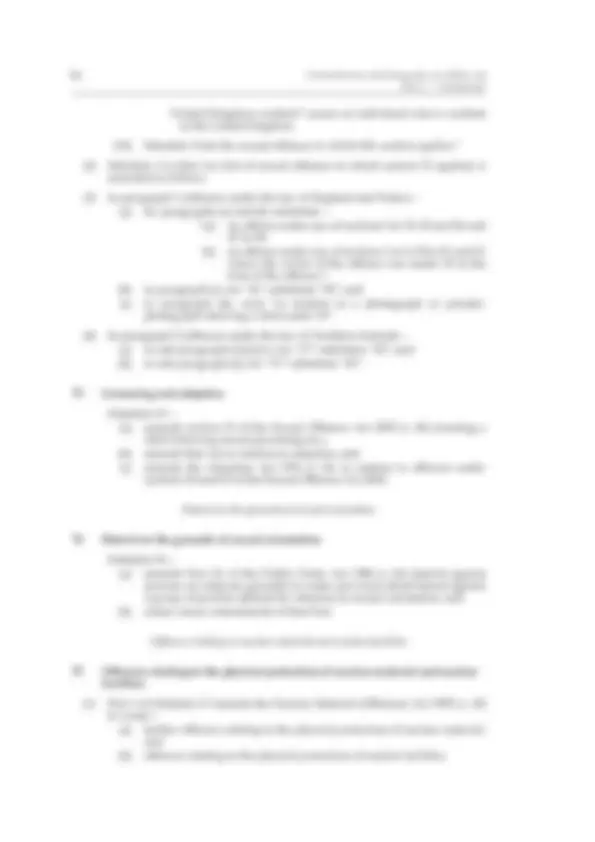
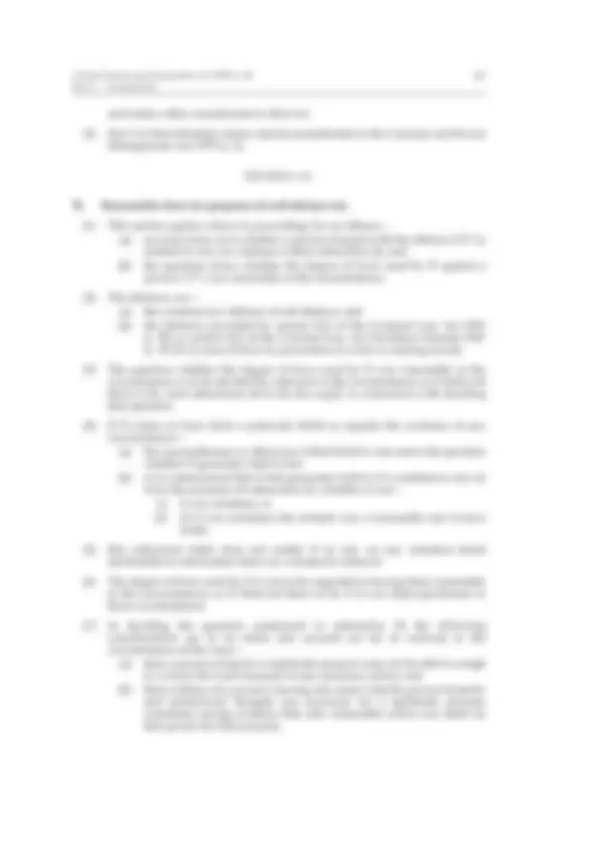
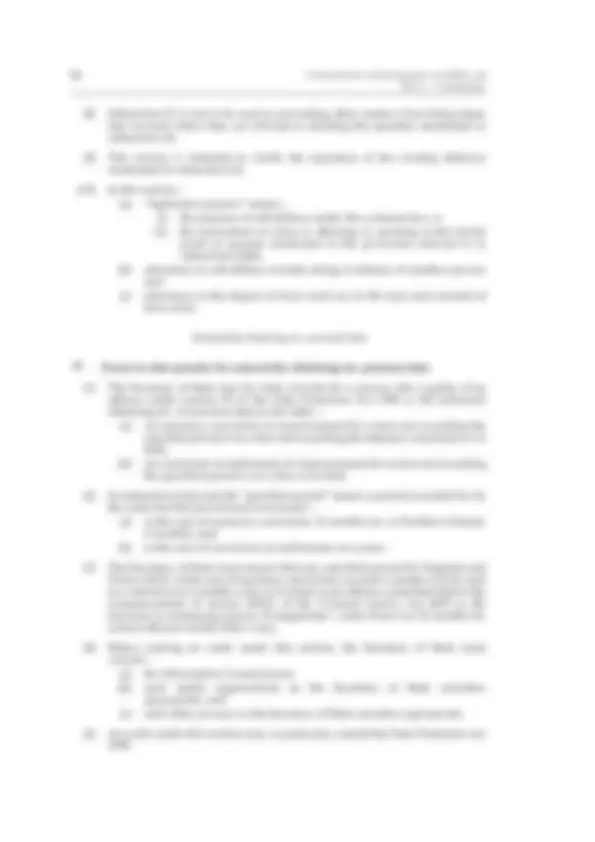
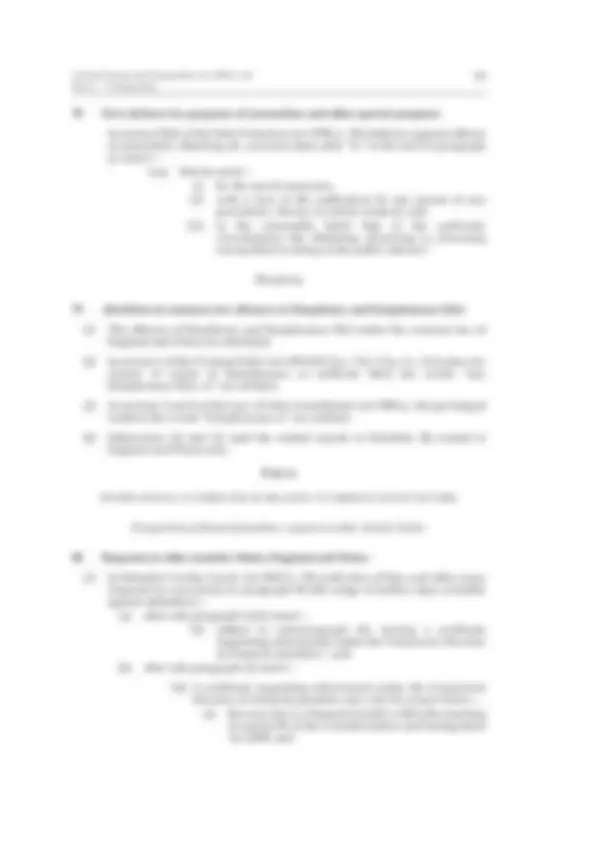
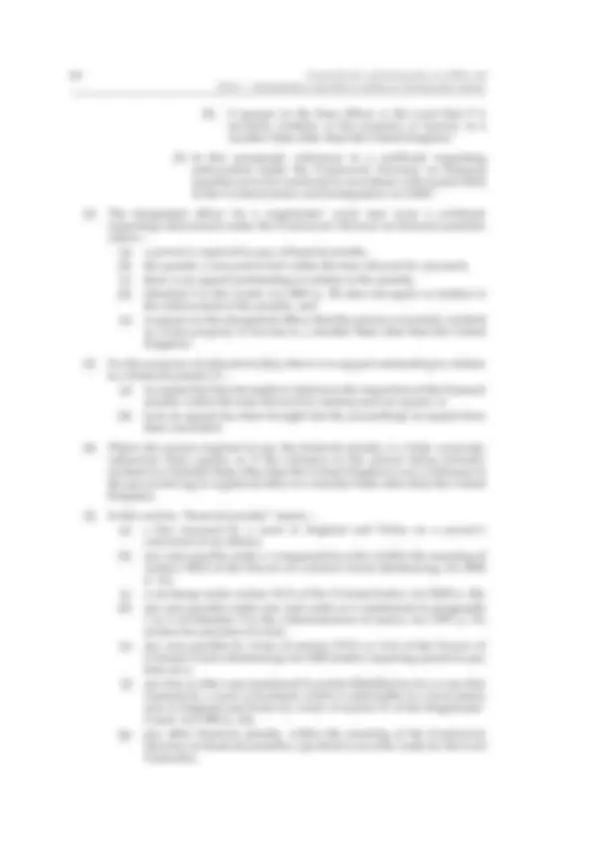
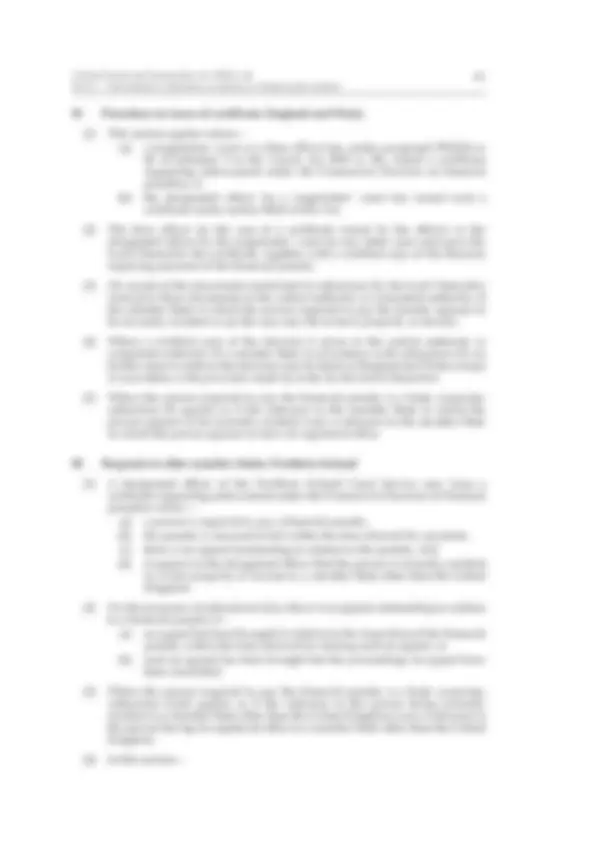
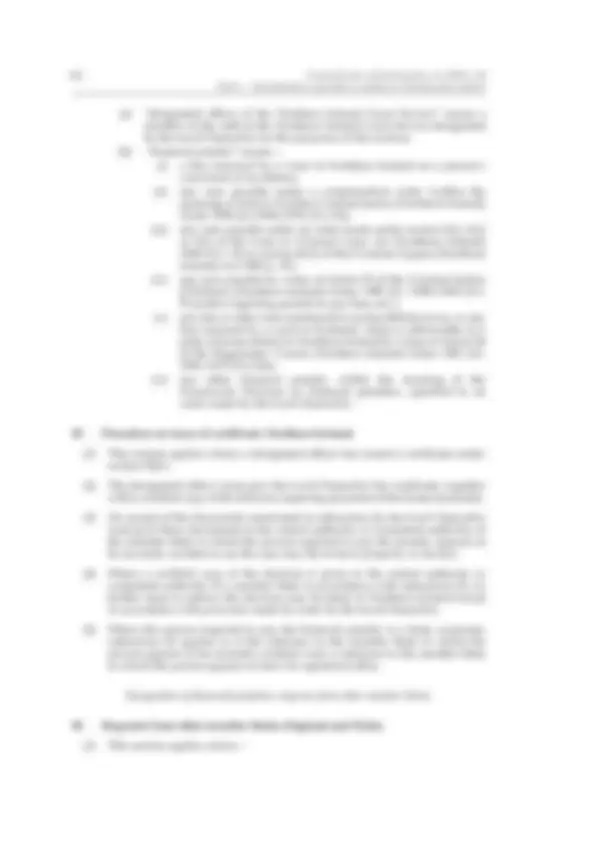
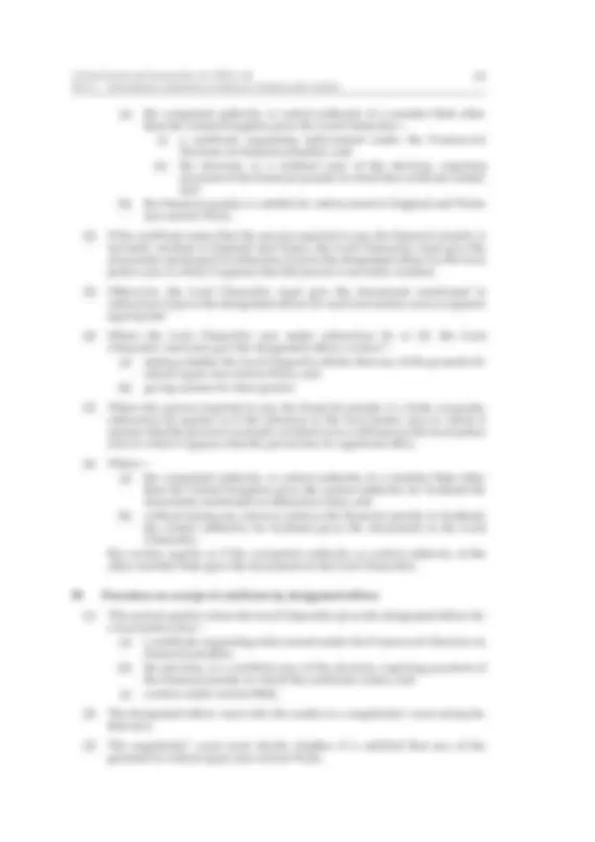
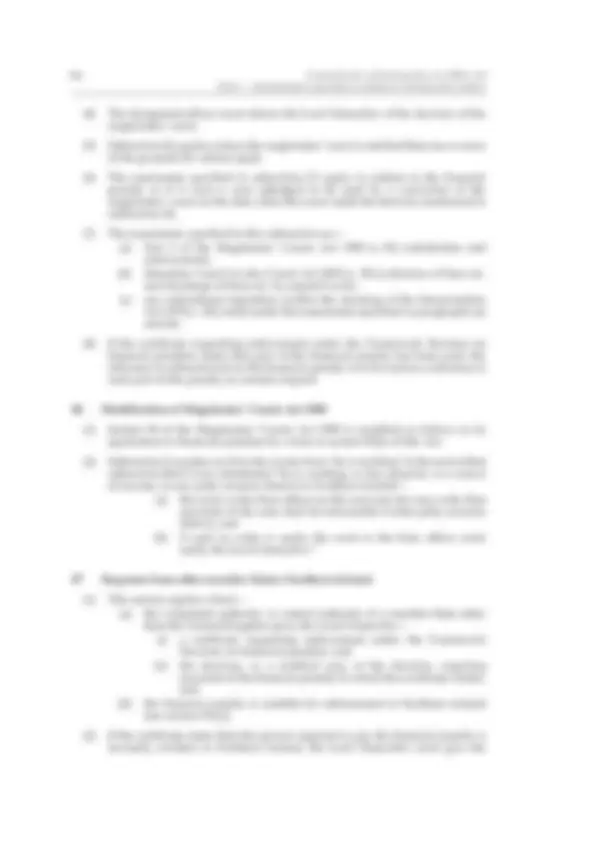
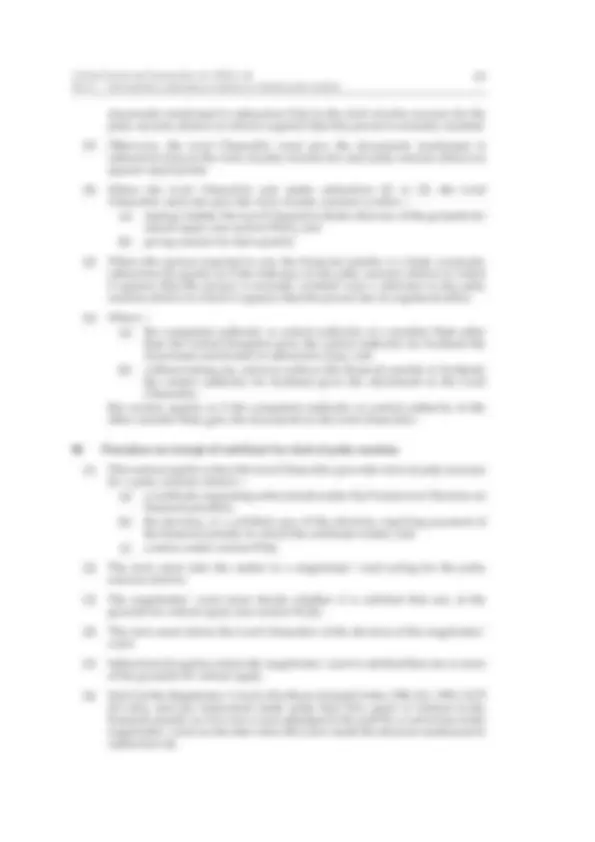
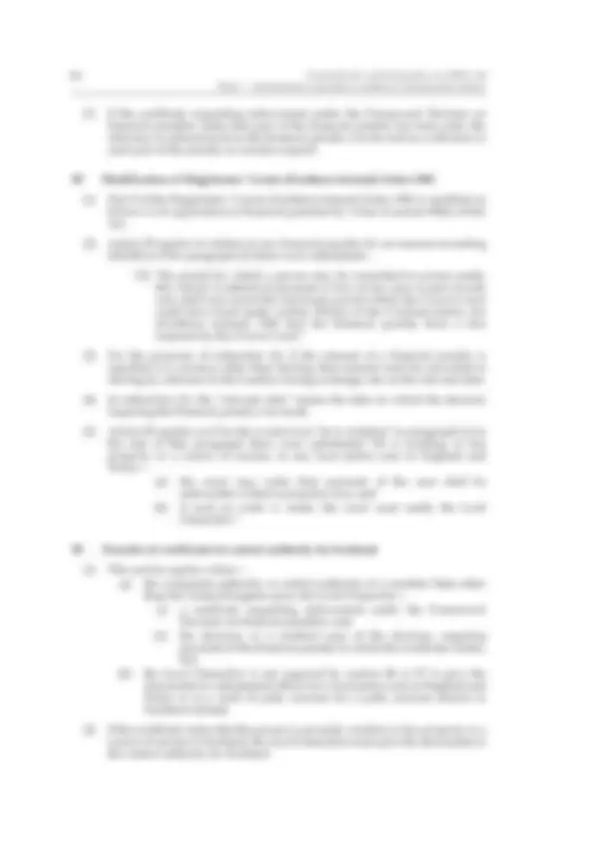
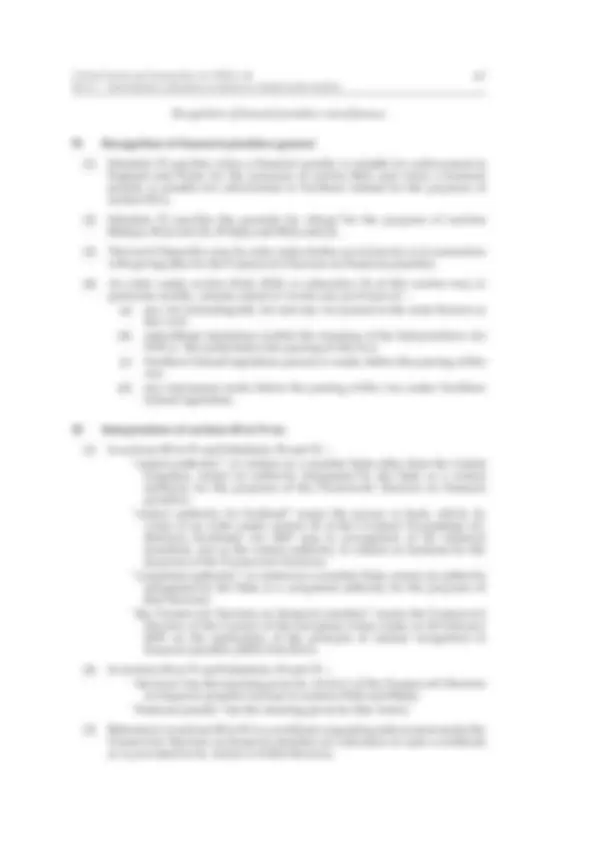
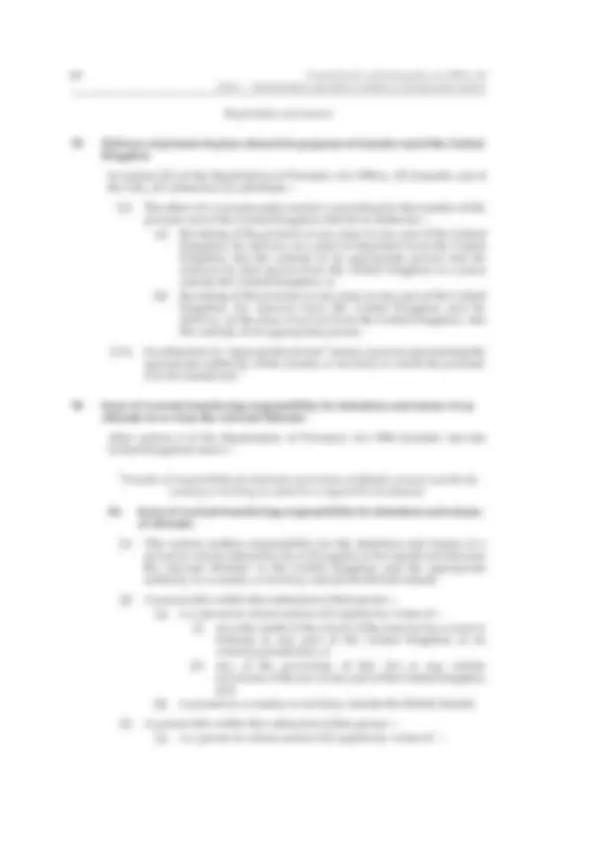




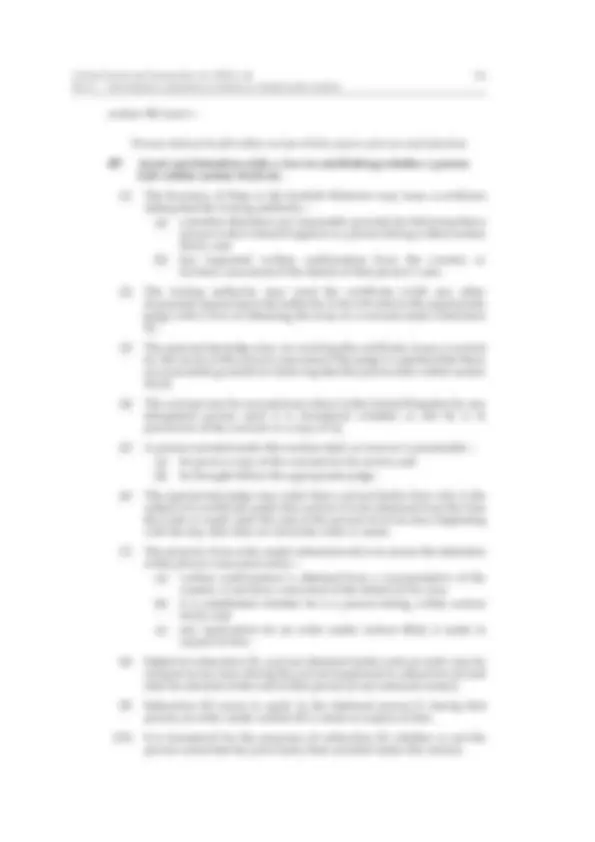

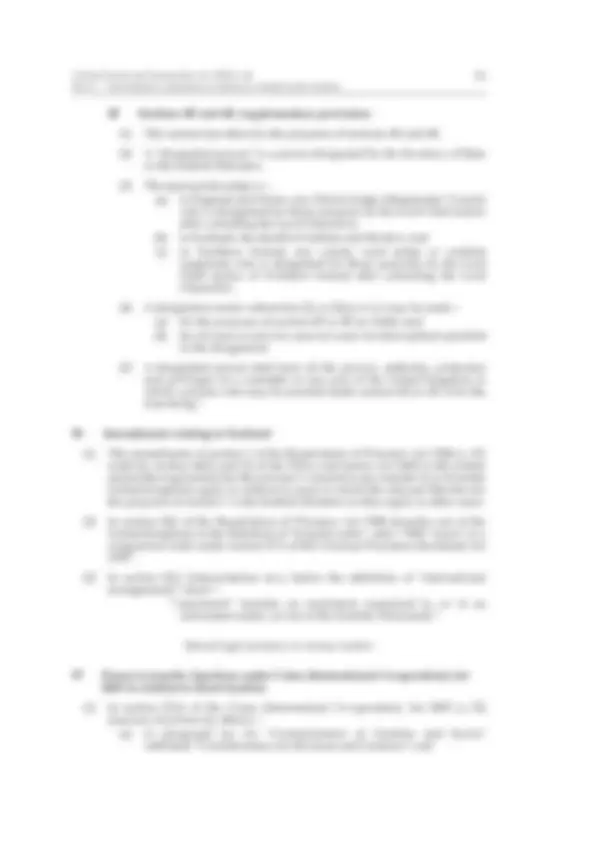
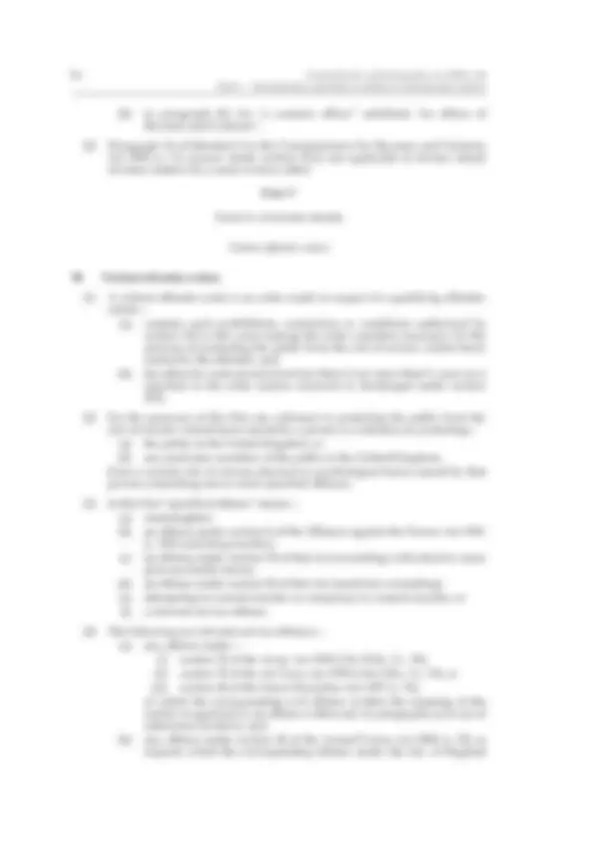
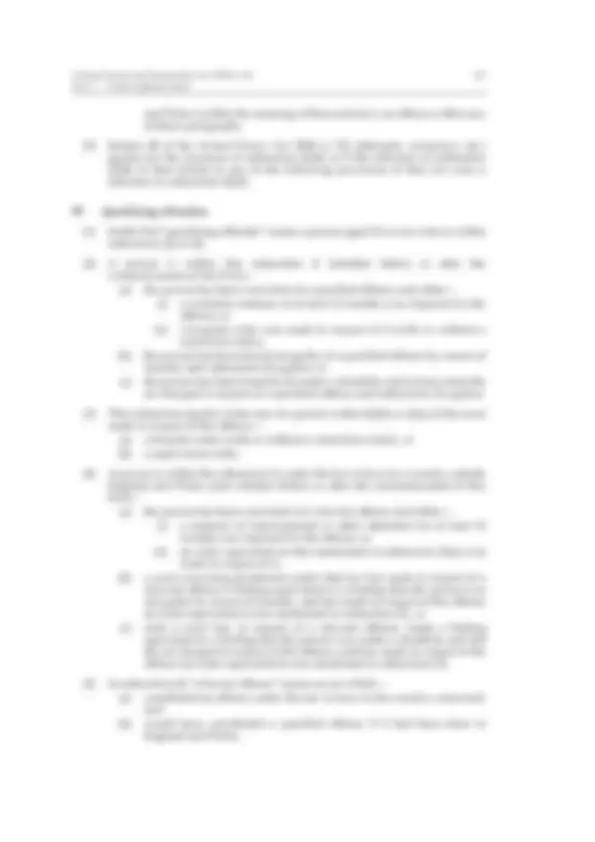
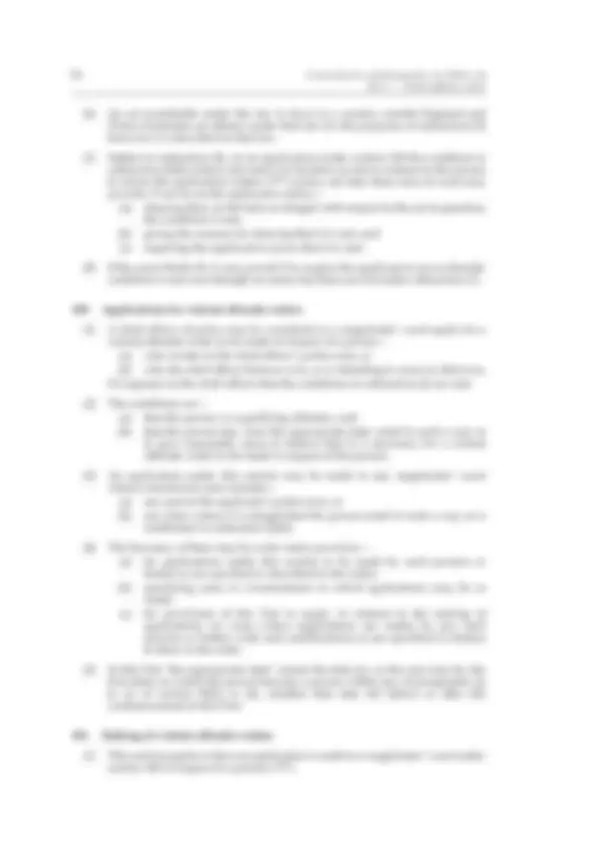
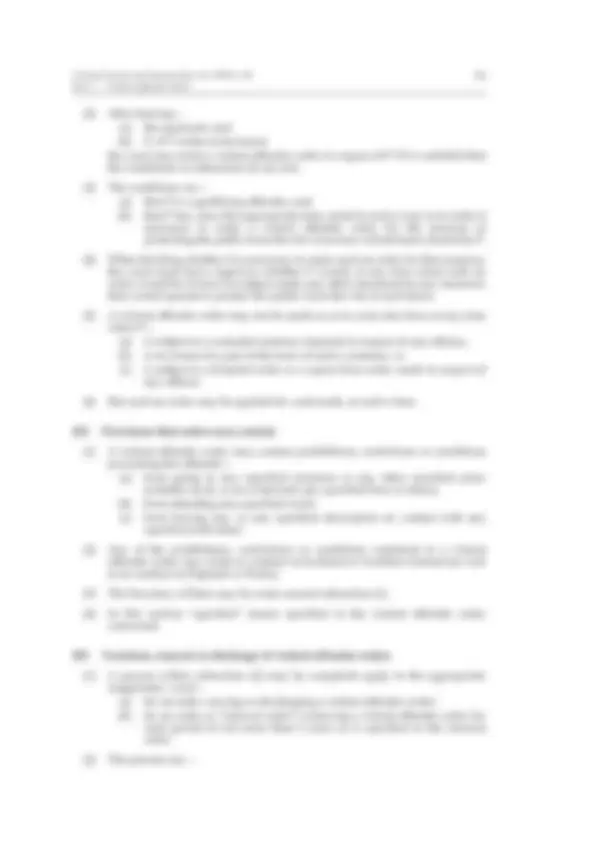
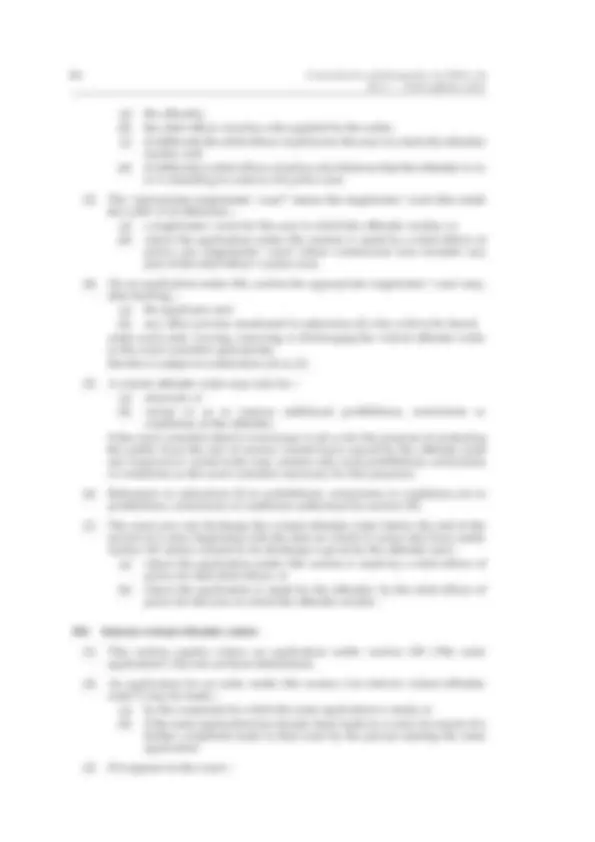
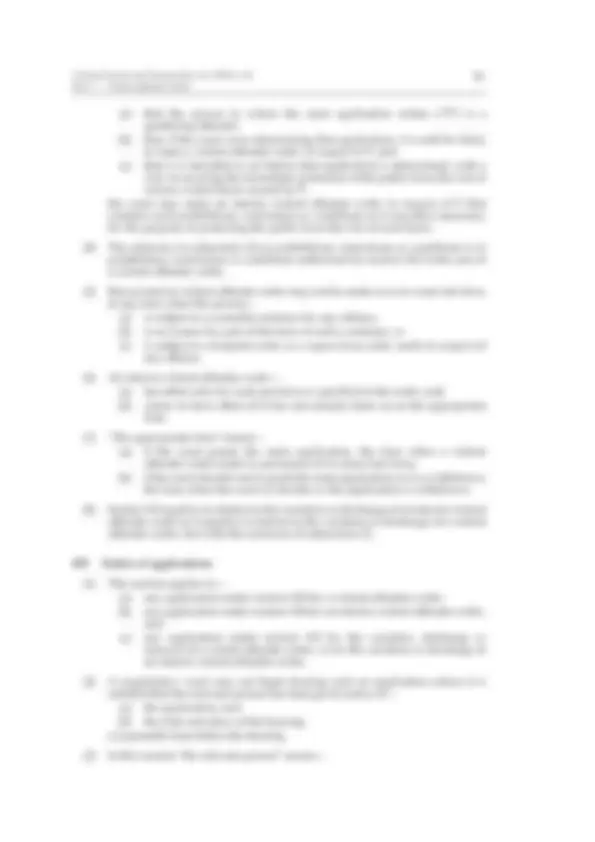
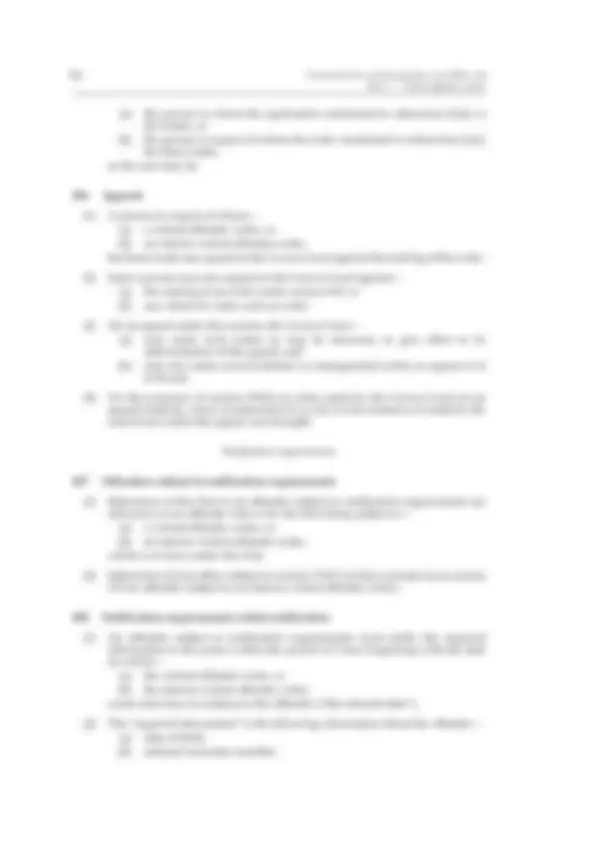
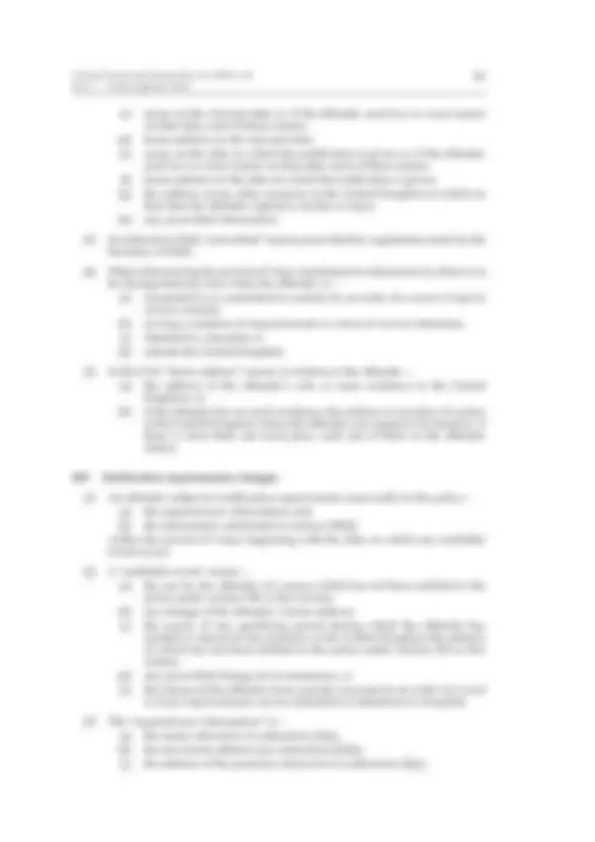
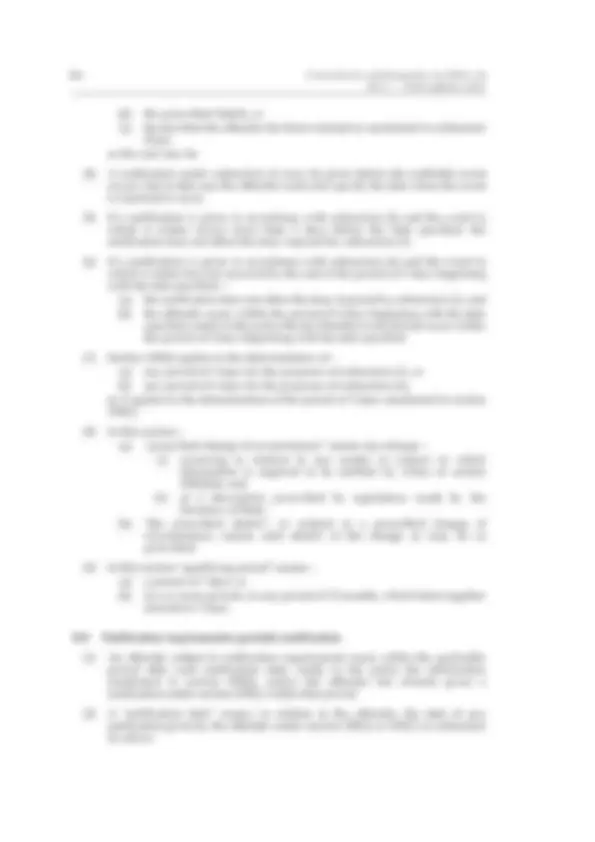
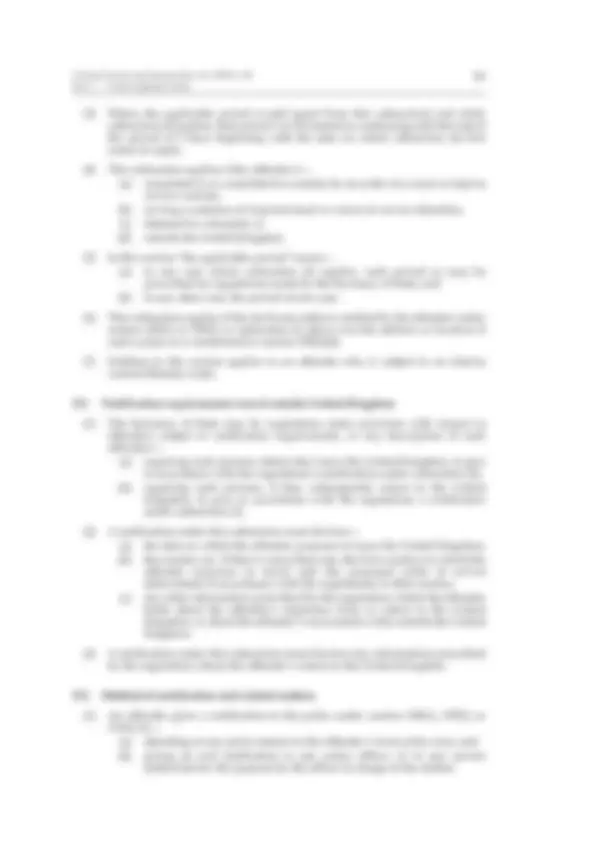
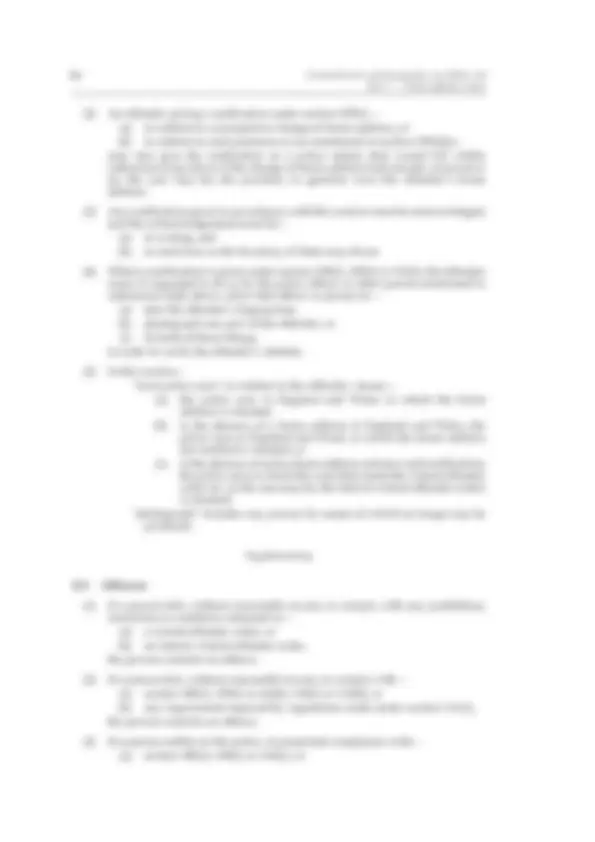
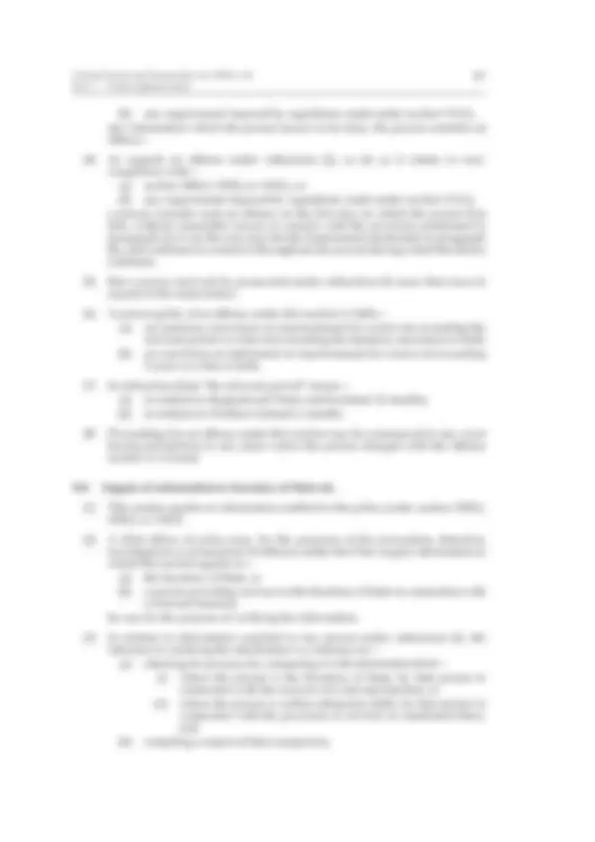
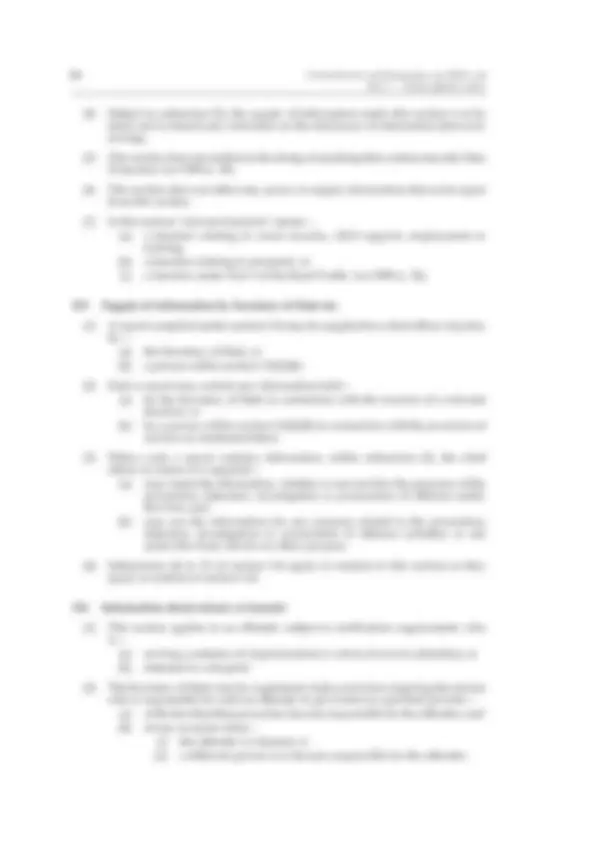
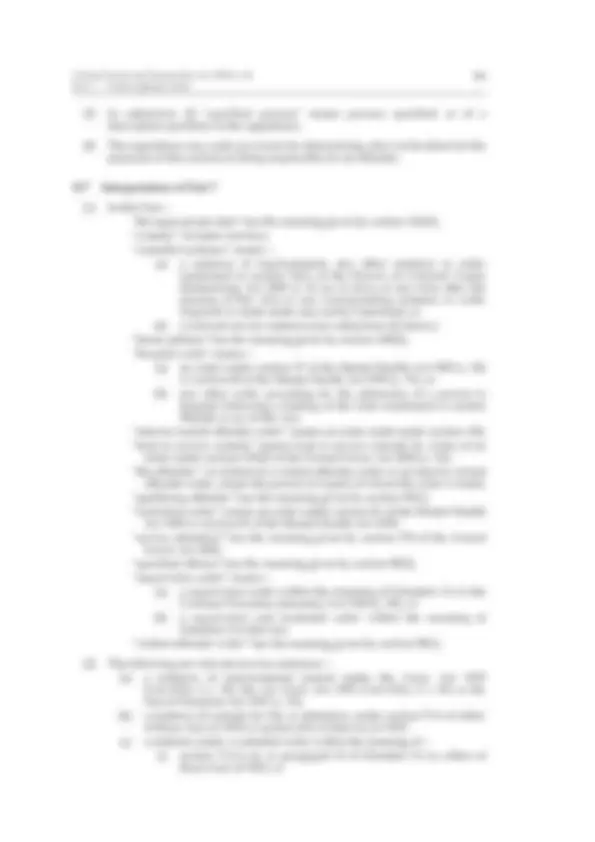
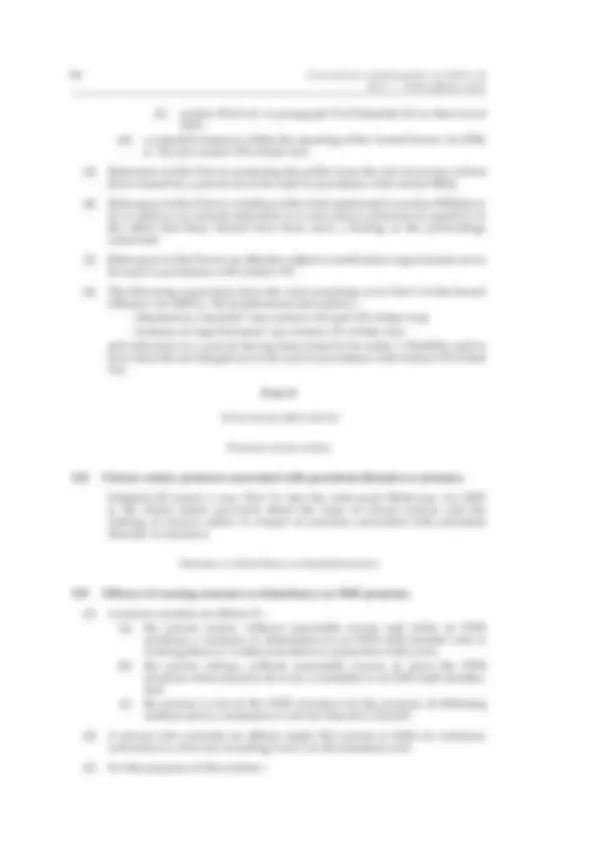


Study with the several resources on Docsity

Earn points by helping other students or get them with a premium plan


Prepare for your exams
Study with the several resources on Docsity

Earn points to download
Earn points by helping other students or get them with a premium plan
Community
Ask the community for help and clear up your study doubts
Discover the best universities in your country according to Docsity users
Free resources
Download our free guides on studying techniques, anxiety management strategies, and thesis advice from Docsity tutors
Criminal Justice and Immigration Act 2008 (c. 4) iii. PART 3. APPEALS ... “custodial sentence” has the meaning given by section 76 of the Powers of.
Typology: Lecture notes
1 / 336

This page cannot be seen from the preview
Don't miss anything!





























































































Criminal Justice and Immigration Act
2008
CONTENTS
Youth rehabilitation orders 1 Youth rehabilitation orders 2 Breach, revocation or amendment of youth rehabilitation orders 3 Transfer of youth rehabilitation orders to Northern Ireland 4 Meaning of “the responsible officer” 5 Responsible officer and offender: duties in relation to the other
Supplementary 6 Abolition of certain youth orders and related amendments 7 Youth rehabilitation orders: interpretation 8 Isles of Scilly
P ART 2
S ENTENCING
General sentencing provisions 9 Purposes etc. of sentencing: offenders under 18 10 Effect of restriction on imposing community sentences 11 Restriction on power to make a community order 12 Pre-sentence reports
Criminal Justice and Immigration Act 2008 (c. 4 ) (^) iii
Appeals by defendant 42 Power to dismiss certain appeals following references by the CCRC: England and Wales 43 Power to dismiss certain appeals following references by the CCRC: Northern Ireland
Appeals by prosecution 44 Determination of prosecution appeals: England and Wales 45 Determination of prosecution appeals: Northern Ireland
Miscellaneous 46 Review of sentence on reference by Attorney General 47 Further amendments relating to appeals in criminal cases
P ART 4
O THER CRIMINAL JUSTICE PROVISIONS
Alternatives to prosecution 48 Alternatives to prosecution for offenders under 18 49 Protection for spent cautions under Rehabilitation of Offenders Act 1974 50 Criminal conviction certificates and criminal record certificates
Bail 51 Bail conditions: electronic monitoring 52 Bail for summary offences and certain other offences to be tried summarily
Proceedings in magistrates’ courts 53 Allocation of offences triable either way etc. 54 Trial or sentencing in absence of accused in magistrates’ courts 55 Extension of powers of non-legal staff
Criminal legal aid 56 Provisional grant of right to representation 57 Disclosure of information to enable assessment of financial eligibility 58 Pilot schemes
Miscellaneous 59 SFO’s pre-investigation powers in relation to bribery and corruption: foreign officers etc. 60 Contents of an accused’s defence statement 61 Compensation for miscarriages of justice
iv Criminal Justice and Immigration Act 2008 (c.^^4 )
62 Annual report on Criminal Justice (Terrorism and Conspiracy) Act 1998
P ART 5
C RIMINAL LAW
Pornography etc. 63 Possession of extreme pornographic images 64 Exclusion of classified films etc. 65 Defences: general 66 Defence: participation in consensual acts 67 Penalties etc. for possession of extreme pornographic images 68 Special rules relating to providers of information society services 69 Indecent photographs of children: England and Wales 70 Indecent photographs of children: Northern Ireland 71 Maximum penalty for publication etc. of obscene articles
Sexual offences 72 Offences committed outside the United Kingdom 73 Grooming and adoption
Hatred on the grounds of sexual orientation 74 Hatred on the grounds of sexual orientation
Offences relating to nuclear material and nuclear facilities 75 Offences relating to the physical protection of nuclear material and nuclear facilities
Self-defence etc. 76 Reasonable force for purposes of self-defence etc.
Unlawfully obtaining etc. personal data 77 Power to alter penalty for unlawfully obtaining etc. personal data 78 New defence for purposes of journalism and other special purposes
Blasphemy 79 Abolition of common law offences of blasphemy and blasphemous libel
P ART 6
I NTERNATIONAL CO - OPERATION IN RELATION TO CRIMINAL JUSTICE MATTERS
Recognition of financial penalties: requests to other member States 80 Requests to other member States: England and Wales 81 Procedure on issue of certificate: England and Wales 82 Requests to other member States: Northern Ireland
vi Criminal Justice and Immigration Act 2008 (c.^^4 )
111 Notification requirements: travel outside United Kingdom 112 Method of notification and related matters
Supplementary 113 Offences 114 Supply of information to Secretary of State etc. 115 Supply of information by Secretary of State etc. 116 Information about release or transfer 117 Interpretation of Part 7
P ART 8
A NTI- SOCIAL BEHAVIOUR
Premises closure orders 118 Closure orders: premises associated with persistent disorder or nuisance
Nuisance or disturbance on hospital premises 119 Offence of causing nuisance or disturbance on NHS premises 120 Power to remove person causing nuisance or disturbance 121 Guidance about the power to remove etc. 122 Nuisance or disturbance on HSS premises
Anti-social behaviour orders etc. in respect of children and young persons 123 Review of anti-social behaviour orders etc. 124 Individual support orders
Parenting contracts and parenting orders 125 Parenting contracts and parenting orders: local authorities
P ART 9
P OLICING
Misconduct procedures etc. 126 Police misconduct and performance procedures 127 Investigation of complaints of police misconduct etc.
Financial assistance 128 Financial assistance under section 57 of Police Act 1996
Inspection 129 Inspection of police authorities
Criminal Justice and Immigration Act 2008 (c. 4 ) (^) vii
130 Designation 131 “Foreign criminal” 132 Effect of designation 133 Conditions 134 Support 135 Support: supplemental 136 End of designation 137 Interpretation: general
P ART 11
M ISCELLANEOUS
Industrial action by prison officers 138 Amendment of section 127 of Criminal Justice and Public Order Act 1994 139 Power to suspend the operation of section 127 of Criminal Justice and Public Order Act 1994
Sex offenders 140 Disclosure of information about convictions etc. of child sex offenders to members of the public 141 Sexual offences prevention orders: relevant sexual offences 142 Notification requirements: prescribed information
Persistent sales of tobacco to persons under 18 143 Persistent sales of tobacco to persons under 18
Penalties for serious contraventions of data protection principles 144 Power to require data controllers to pay monetary penalty
Armed forces legislation 145 Amendments to armed forces legislation
Automatic deportation of criminals 146 Convention against human trafficking
P ART 12
G ENERAL
147 Orders, rules and regulations 148 Consequential etc. amendments and transitional and saving provision 149 Repeals and revocations 150 Financial provisions
Criminal Justice and Immigration Act 2008 (c. 4 ) (^) ix
Schedule 16 — Hatred on the grounds of sexual orientation Schedule 17 — Offences relating to nuclear material and nuclear facilities Part 1 — Amendments of Nuclear Material (Offences) Act 1983 Part 2 — Amendments of Customs and Excise Management Act 1979 Schedule 18 — Penalties suitable for enforcement in England and Wales or Northern Ireland Schedule 19 — Grounds for refusal to enforce financial penalties Part 1 — The grounds for refusal Part 2 — European framework list (financial penalties) Part 3 — Interpretation Schedule 20 — Closure orders: premises associated with persistent disorder or nuisance Schedule 21 — Nuisance or disturbance on HSS premises Schedule 22 — Police misconduct and performance procedures Part 1 — Amendments of Police Act 1996 Part 2 — Amendments of Ministry of Defence Police Act 1987 Part 3 — Amendments of Railways and Transport Safety Act 2003 Schedule 23 — Investigation of complaints of police misconduct etc. Schedule 24 — Section 327A of Criminal Justice Act 2003: meaning of “child sex offence” Schedule 25 — Amendments to armed forces legislation Part 1 — Courts-Martial (Appeals) Act 1968 Part 2 — Armed Forces Act 2006 Part 3 — Transitional provisions Schedule 26 — Minor and consequential amendments Part 1 — Fine defaulters Part 2 — Other amendments Schedule 27 — Transitory, transitional and saving provisions Part 1 — Youth justice Part 2 — Sentencing Part 3 — Appeals Part 4 — Other criminal justice provisions Part 5 — Criminal law Part 6 — International co-operation in relation to criminal justice matters Part 7 — Violent offender orders Part 8 — Anti-social behaviour Part 9 — Police Part 10 — Special immigration status Part 11 — Miscellaneous Schedule 28 — Repeals and revocations Part 1 — Youth rehabilitation orders Part 2 — Sentencing Part 3 — Appeals Part 4 — Other criminal justice provisions Part 5 — Criminal law Part 6 — International co-operation in relation to criminal justice matters Part 7 — Anti-social behaviour Part 8 — Policing
ELIZABETH II c. 4
E IT ENACTED by the Queen’s most Excellent Majesty, by and with the advice and consent of the Lords Spiritual and Temporal, and Commons, in this present Parliament assembled, and by the authority of the same, as follows:—
Youth rehabilitation orders
1 Youth rehabilitation orders
(1) Where a person aged under 18 is convicted of an offence, the court by or before which the person is convicted may in accordance with Schedule 1 make an order (in this Part referred to as a “youth rehabilitation order”) imposing on the person any one or more of the following requirements—
Criminal Justice and Immigration Act 2008 (c. 4 ) Part 1 — Youth rehabilitation orders
2 Breach, revocation or amendment of youth rehabilitation orders
Schedule 2 makes provision about failures to comply with the requirements of youth rehabilitation orders and about the revocation or amendment of such orders.
3 Transfer of youth rehabilitation orders to Northern Ireland
Schedule 3 makes provision about the transfer of youth rehabilitation orders to Northern Ireland.
4 Meaning of “the responsible officer”
(1) For the purposes of this Part, “the responsible officer”, in relation to an offender to whom a youth rehabilitation order relates, means— (a) in a case where the order— (i) imposes a curfew requirement or an exclusion requirement but no other requirement mentioned in section 1(1), and (ii) imposes an electronic monitoring requirement, the person who under paragraph 26(4) of Schedule 1 is responsible for the electronic monitoring required by the order; (b) in a case where the only requirement imposed by the order is an attendance centre requirement, the officer in charge of the attendance centre in question; (c) in any other case, the qualifying officer who, as respects the offender, is for the time being responsible for discharging the functions conferred by this Part on the responsible officer.
(2) In this section “qualifying officer”, in relation to a youth rehabilitation order, means— (a) a member of a youth offending team established by a local authority for the time being specified in the order for the purposes of this section, or (b) an officer of a local probation board appointed for or assigned to the local justice area for the time being so specified or (as the case may be) an officer of a provider of probation services acting in the local justice area for the time being so specified.
(3) The Secretary of State may by order— (a) amend subsections (1) and (2), and (b) make any other amendments of— (i) this Part, or (ii) Chapter 1 of Part 12 of the Criminal Justice Act 2003 (c. 44) (general provisions about sentencing), that appear to be necessary or expedient in consequence of any amendment made by virtue of paragraph (a).
(4) An order under subsection (3) may, in particular, provide for the court to determine which of two or more descriptions of responsible officer is to apply in relation to any youth rehabilitation order.
5 Responsible officer and offender: duties in relation to the other
(1) Where a youth rehabilitation order has effect, it is the duty of the responsible officer—
Criminal Justice and Immigration Act 2008 (c. 4 ) Part 1 — Youth rehabilitation orders
(a) to make any arrangements that are necessary in connection with the requirements imposed by the order, (b) to promote the offender’s compliance with those requirements, and (c) where appropriate, to take steps to enforce those requirements.
(2) In subsection (1) “responsible officer” does not include a person falling within section 4(1)(a).
(3) In giving instructions in pursuance of a youth rehabilitation order relating to an offender, the responsible officer must ensure, as far as practicable, that any instruction is such as to avoid— (a) any conflict with the offender’s religious beliefs, (b) any interference with the times, if any, at which the offender normally works or attends school or any other educational establishment, and (c) any conflict with the requirements of any other youth rehabilitation order to which the offender may be subject.
(4) The Secretary of State may by order provide that subsection (3) is to have effect with such additional restrictions as may be specified in the order.
(5) An offender in respect of whom a youth rehabilitation order is in force— (a) must keep in touch with the responsible officer in accordance with such instructions as the offender may from time to time be given by that officer, and (b) must notify the responsible officer of any change of address.
(6) The obligation imposed by subsection (5) is enforceable as if it were a requirement imposed by the order.
Supplementary
6 Abolition of certain youth orders and related amendments
(1) Chapters 1, 2, 4 and 5 of Part 4 of (and Schedules 3 and 5 to 7 to) the Powers of Criminal Courts (Sentencing) Act 2000 (c. 6) (curfew orders, exclusion orders, attendance centre orders, supervision orders and action plan orders) cease to have effect.
(2) Part 1 of Schedule 4 makes amendments consequential on provisions of this Part.
(3) Part 2 of Schedule 4 makes minor amendments regarding other community orders which are related to the consequential amendments in Part 1 of that Schedule.
7 Youth rehabilitation orders: interpretation
(1) In this Part, except where the contrary intention appears— “accommodation provided by or on behalf of a local authority” has the same meaning as it has in the Children Act 1989 (c. 41) by virtue of section 105 of that Act; “activity requirement”, in relation to a youth rehabilitation order, has the meaning given by paragraph 6 of Schedule 1;
Criminal Justice and Immigration Act 2008 (c. 4 ) Part 1 — Youth rehabilitation orders
“programme requirement”, in relation to a youth rehabilitation order, has the meaning given by paragraph 11 of Schedule 1; “prohibited activity requirement”, in relation to a youth rehabilitation order, has the meaning given by paragraph 13 of Schedule 1; “residence requirement”, in relation to a youth rehabilitation order, has the meaning given by paragraph 16 of Schedule 1; “the responsible officer”, in relation to an offender to whom a youth rehabilitation order relates, has the meaning given by section 4; “supervision requirement”, in relation to a youth rehabilitation order, has the meaning given by paragraph 9 of Schedule 1; “unpaid work requirement”, in relation to a youth rehabilitation order, has the meaning given by paragraph 10 of Schedule 1; “youth offending team” means a team established under section 39 of the Crime and Disorder Act 1998 (c. 37); “youth rehabilitation order” has the meaning given by section 1; “youth rehabilitation order with fostering” has the meaning given by paragraph 4 of Schedule 1; “youth rehabilitation order with intensive supervision and surveillance” has the meaning given by paragraph 3 of Schedule 1.
(2) For the purposes of any provision of this Part which requires the determination of the age of a person by the court, the Secretary of State or a local authority, the person’s age is to be taken to be that which it appears to the court or (as the case may be) the Secretary of State or a local authority to be after considering any available evidence.
(3) Any reference in this Part to an offence punishable with imprisonment is to be read without regard to any prohibition or restriction imposed by or under any Act on the imprisonment of young offenders.
(4) If a local authority has parental responsibility for an offender who is in its care or provided with accommodation by it in the exercise of any social services functions, any reference in this Part (except in paragraphs 4 and 25 of Schedule
(5) In subsection (4)— “parental responsibility” has the same meaning as it has in the Children Act 1989 (c. 41) by virtue of section 3 of that Act, and “social services functions” has the same meaning as it has in the Local Authority Social Services Act 1970 (c. 42) by virtue of section 1A of that Act.
8 Isles of Scilly
This Part has effect in relation to the Isles of Scilly with such exceptions, adaptations and modifications as the Secretary of State may by order specify.
Criminal Justice and Immigration Act 2008 (c. 4 ) Part 2 — Sentencing
General sentencing provisions
9 Purposes etc. of sentencing: offenders under 18
(1) After section 142 of the Criminal Justice Act 2003 (c. 44) insert—
“142A Purposes etc. of sentencing: offenders under 18
(1) This section applies where a court is dealing with an offender aged under 18 in respect of an offence.
(2) The court must have regard to— (a) the principal aim of the youth justice system (which is to prevent offending (or re-offending) by persons aged under 18: see section 37(1) of the Crime and Disorder Act 1998), (b) in accordance with section 44 of the Children and Young Persons Act 1933, the welfare of the offender, and (c) the purposes of sentencing mentioned in subsection (3) (so far as it is not required to do so by paragraph (a)).
(3) Those purposes of sentencing are— (a) the punishment of offenders, (b) the reform and rehabilitation of offenders, (c) the protection of the public, and (d) the making of reparation by offenders to persons affected by their offences.
(4) This section does not apply— (a) to an offence the sentence for which is fixed by law, (b) to an offence the sentence for which falls to be imposed under— (i) section 51A(2) of the Firearms Act 1968 (minimum sentence for certain firearms offences), (ii) section 29(6) of the Violent Crime Reduction Act 2006 (minimum sentences in certain cases of using someone to mind a weapon), or (iii) section 226(2) of this Act (detention for life for certain dangerous offenders), or (c) in relation to the making under Part 3 of the Mental Health Act 1983 of a hospital order (with or without a restriction order), an interim hospital order, a hospital direction or a limitation direction.”
(2) In section 142 of the Criminal Justice Act 2003 (purposes of sentencing in relation to offenders aged 18 or over at the time of conviction)— (a) in the heading, at the end insert “: offenders aged 18 or over”, and (b) in subsection (2)(a) omit “at the time of conviction”.
(3) In section 44 of the Children and Young Persons Act 1933 (c. 12) (general
Criminal Justice and Immigration Act 2008 (c. 4 ) Part 2 — Sentencing
(a) for “Subsection (2) applies where” substitute “This subsection applies to the offender if— (za) the current offence is punishable with imprisonment;”; (b) for paragraph (a) substitute— “(a) the offender was aged 16 or over when he was convicted;”; (c) in paragraph (b) for “he” substitute “the offender”.
(5) After subsection (1) insert—
“(1A) This subsection applies to the offender if— (a) the current offence is not punishable with imprisonment; (b) the offender was aged 16 or over when he was convicted; and (c) on three or more previous occasions the offender has, on conviction by a court in the United Kingdom of any offence committed by him after attaining the age of 16, had passed on him a sentence consisting only of a fine.”
(6) In subsection (3)(a) after “(1)(b)” insert “or (1A)(b) (as the case may be)”.
(7) In subsections (4), (5) and (6), for “subsection (1)(b)” insert “subsections (1)(b) and (1A)(b)”.
(8) In section 166 of that Act (savings for powers to mitigate etc.), in subsection (1)(a), after “148” insert “or 151(2)”.
12 Pre-sentence reports
In section 158 of the Criminal Justice Act 2003 (c. 44) (meaning of “pre-sentence report”), after subsection (1) insert—
“(1A) Subject to any rules made under subsection (1)(b) and to subsection (1B), the court may accept a pre-sentence report given orally in open court.
(1B) But a pre-sentence report that— (a) relates to an offender aged under 18, and (b) is required to be obtained and considered before the court forms an opinion mentioned in section 156(3)(a), must be in writing.”
Custodial sentences
13 Sentences of imprisonment for public protection
(1) In section 225 of the Criminal Justice Act 2003 (life sentence or imprisonment for public protection), for subsection (3) substitute—
“(3) In a case not falling within subsection (2), the court may impose a sentence of imprisonment for public protection if the condition in subsection (3A) or the condition in subsection (3B) is met.
(3A) The condition in this subsection is that, at the time the offence was committed, the offender had been convicted of an offence specified in Schedule 15A.
Criminal Justice and Immigration Act 2008 (c. 4 ) Part 2 — Sentencing
(3B) The condition in this subsection is that the notional minimum term is at least two years.
(3C) The notional minimum term is the part of the sentence that the court would specify under section 82A(2) of the Sentencing Act (determination of tariff) if it imposed a sentence of imprisonment for public protection but was required to disregard the matter mentioned in section 82A(3)(b) of that Act (crediting periods of remand).”
(2) After Schedule 15 to that Act, insert the Schedule set out in Schedule 5 to this Act.
14 Sentences of detention for public protection
In section 226 of the Criminal Justice Act 2003 (c. 44) (detention for life or detention for public protection), for subsection (3) substitute—
“(3) In a case not falling within subsection (2), the court may impose a sentence of detention for public protection if the notional minimum term is at least two years.
(3A) The notional minimum term is the part of the sentence that the court would specify under section 82A(2) of the Sentencing Act (determination of tariff) if it imposed a sentence of detention for public protection but was required to disregard the matter mentioned in section 82A(3)(b) of that Act (crediting periods of remand).”
15 Extended sentences for certain violent or sexual offences: persons 18 or over
(1) Section 227 of the Criminal Justice Act 2003 (extended sentence for certain violent or sexual offences: persons 18 or over) is amended as follows.
(2) In subsection (1)— (a) in paragraph (a) the words “, other than a serious offence,” are omitted, and (b) after paragraph (b) insert “, but (c) the court is not required by section 225(2) to impose a sentence of imprisonment for life.”
(3) In subsection (2) — (a) for “The court must” substitute “The court may”, and (b) for the words from “that is to say” to the end substitute “if the condition in subsection (2A) or the condition in subsection (2B) is met.”
(4) After subsection (2) insert—
“(2A) The condition in this subsection is that, at the time the offence was committed, the offender had been convicted of an offence specified in Schedule 15A.
(2B) The condition in this subsection is that, if the court were to impose an extended sentence of imprisonment, the term that it would specify as the appropriate custodial term would be at least 4 years.
(2C) An extended sentence of imprisonment is a sentence of imprisonment the term of which is equal to the aggregate of— (a) the appropriate custodial term, and